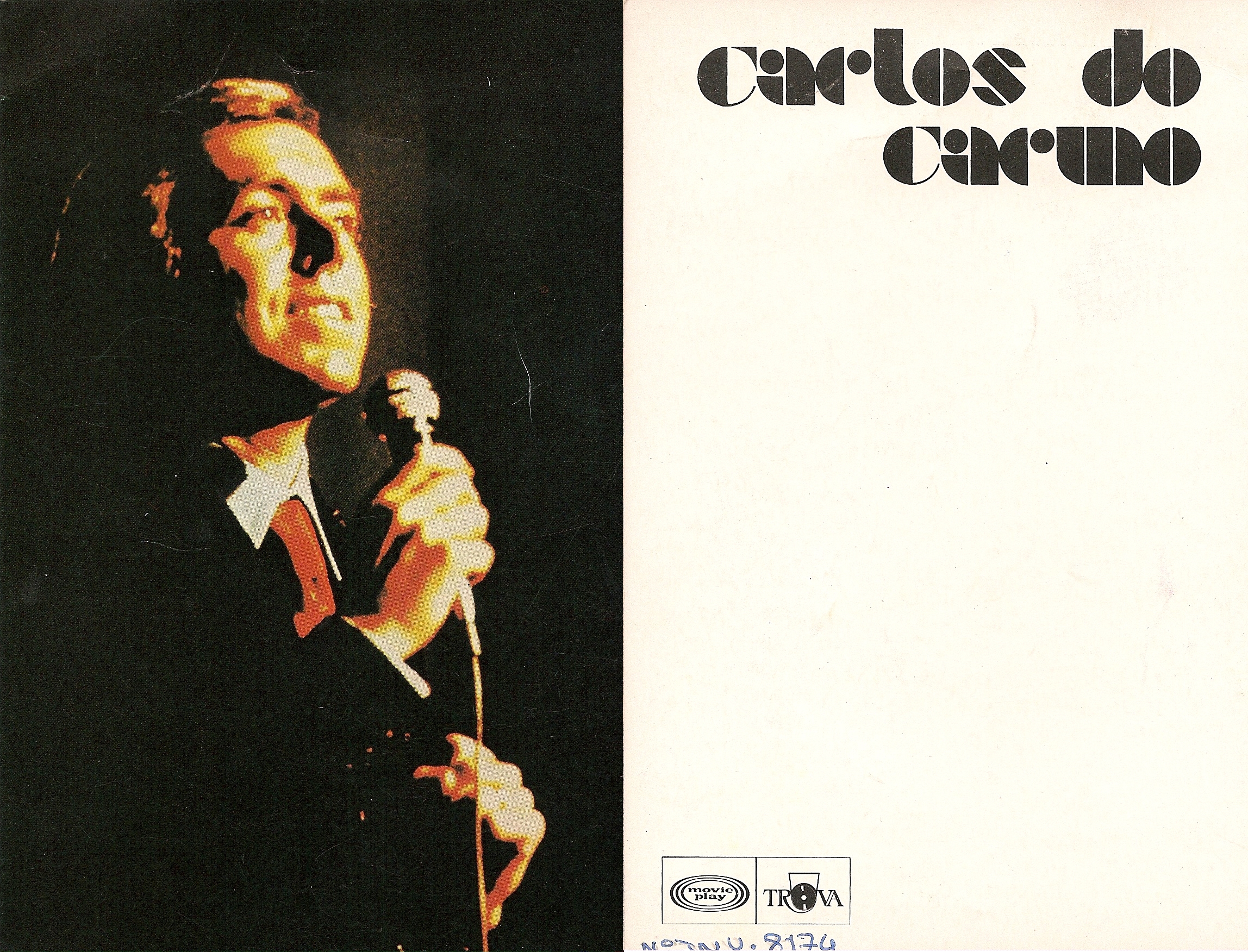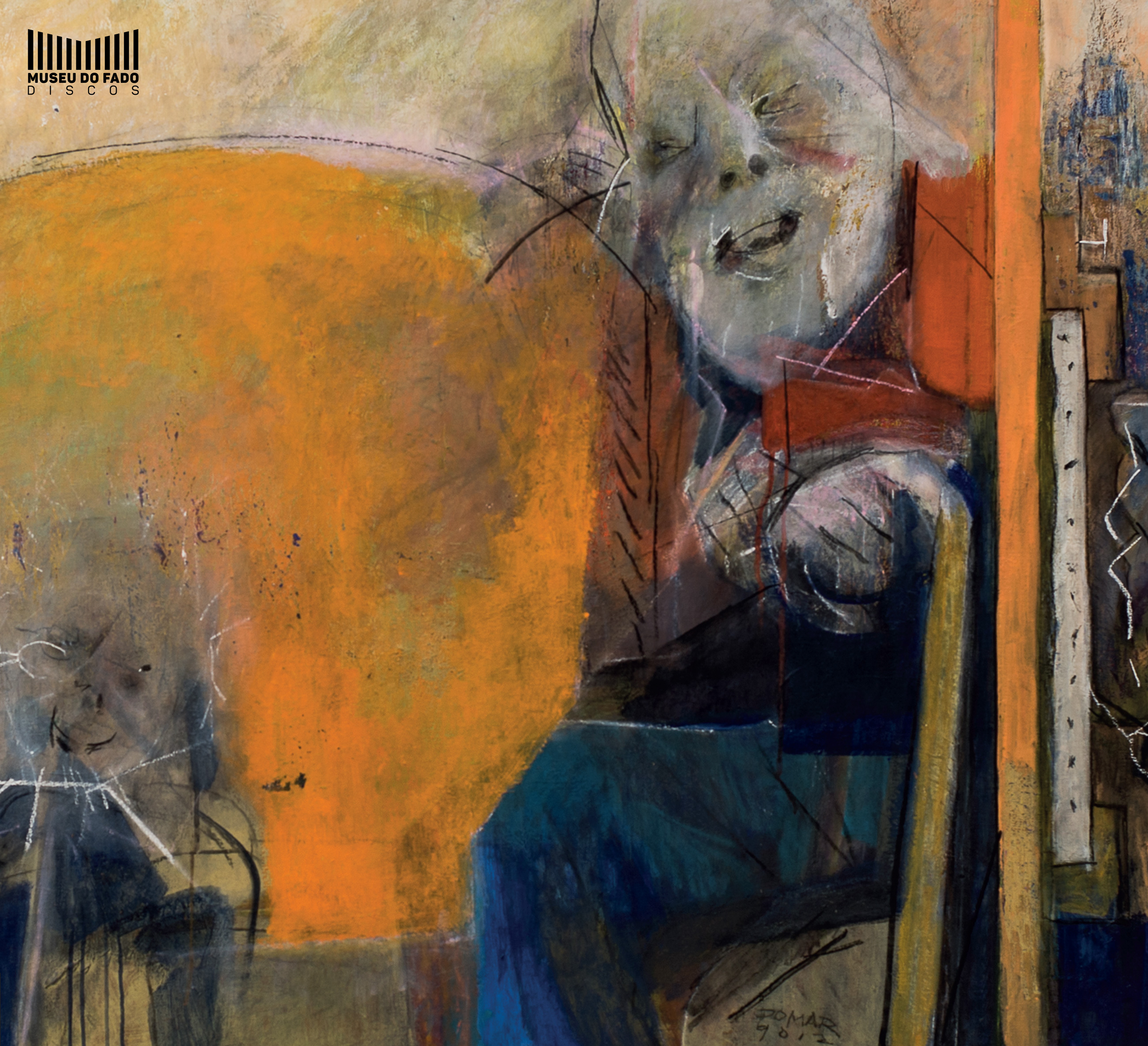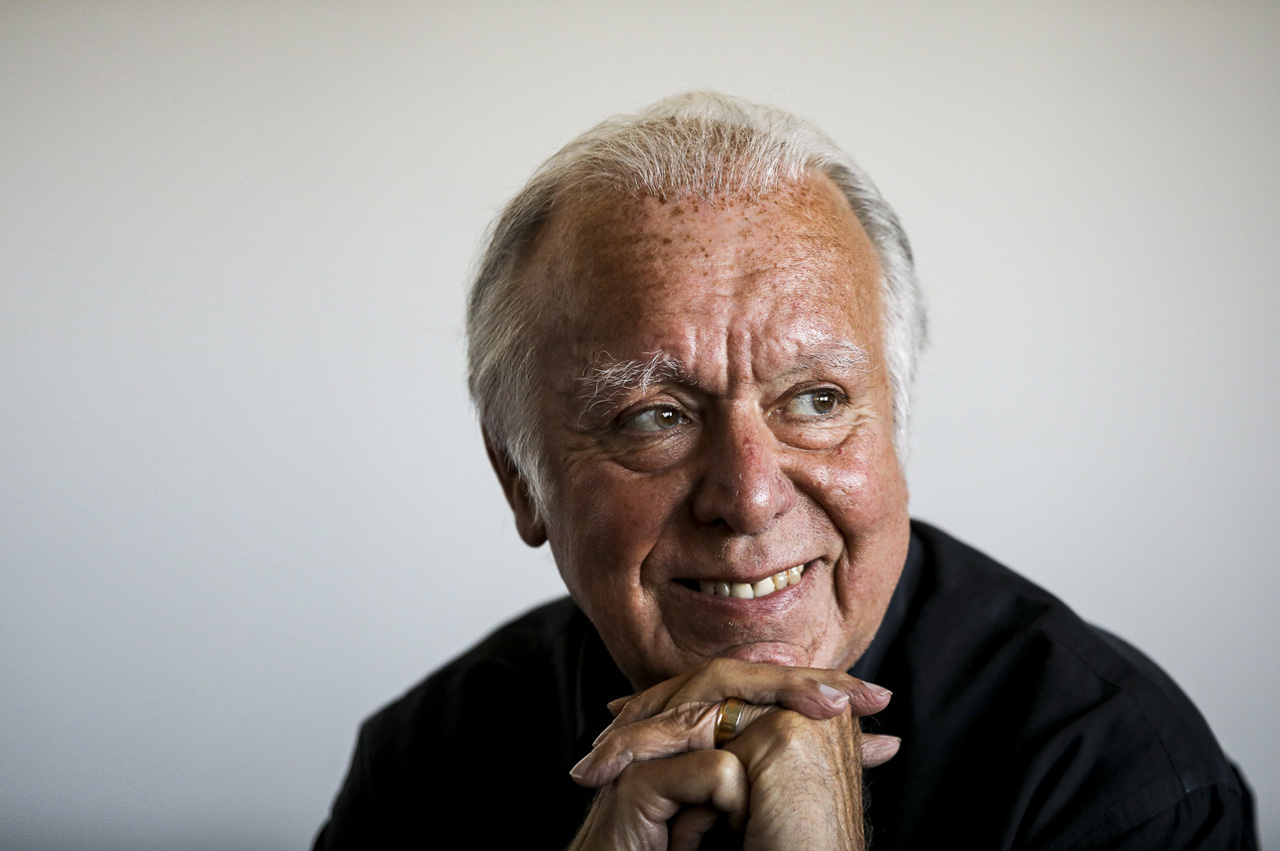Know more:
Carlos do Carmo
(N. 21 December, 1939 - M. 1 January, 2021)Carlos Alberto do Carmo Almeida took the stage name of Carlos do Carmo. He is the only son of the great fado singer Lucília do Carmo and of the producer Alfredo Almeida. He was born in Lisbon on December 21, 1939.
He studied Hotel Management in Switzerland. As this course included accountancy and management, and several foreign languages, he is fluent in French, English, German, Italian, and Spanish.
After his father’s death in 1962, Carlos do Carmo inherits the management of Casa de Fados Faia, opened by his parents when he was 8 years old. The following year he begins his artistic career as a singer and maintains both functions for many years. He has been married for more than 40 years, has 3 children and 4 grandchildren.
Carlos do Carmo has been involved with Fado since an early age. Son of a prominent personality of the Fado universe - Lucília do Carmo – he told us that he began listening to Fado in his mother’s womb, and his birth was mentioned in the newspaper "Guitarra de Portugal".
Upon starting managing the Fado house (Casa de Fados) he pays more attention to this kind of music he had known since his childhood. In spite of only knowing by heart the fado "Loucura", by Júlio de Sousa, when he sings it in 1963 at a friend’s house his singing is so highly praised that he records it in a EP with his friend Mário Simões.
Due to his great success in radio broadcasts, the following year he records "Carlos do Carmo com Orquestra de Joaquim Luiz Gomes". Ever since that day Carlos do Carmo presents his own repertoire in regular editions that are awarded for its quality and number of sales, thus building and consolidating an exemplary career within the Portuguese artistic world.
His first LP, called "O Fado de Carlos do Carmo", was released by Alvorada in 1969, but a must in the history of Fado is the record "Um Homem na Cidade", released by Trova in 1977, in which Carlos do Carmo sings poems by Ary dos Santos in a series of innovative musical compositions.
Within the scope of Carlos do Carmo discography, we must stress another project also with poems by Ary dos Santos – the 1984 "Um Homem no País" – that was the first CD edition by a Portuguese artist.
Since his first informal presentation for some friends, he has been singing live on stage in five continents.
His shows at the Olympia in Paris, at the Frankfurt and Wiesbaden Opera Houses, at the Canecão in Rio de Janeiro, at the Helsinki Savoy, at the Paris National Auditory, at the Hague’s Queen Theatre, at the Saint Petersburg Theatre, at the Place des Arts in Montréal, at the Tivoli in Copenhagen, and at the Memorial da América Latina in São Paulo, are some of the highlights of his career as a Fado singer.
Up until the end of 1979, he combines the Faia management with his artistic career, and performs daily with his mother at his Fado House. He also appears on TV and, in 1972, produces and hosts a weekly show on RTP. The "Convívio Musical" was a show that presented some of the major Portuguese and international singers.
In the early 1970s he began his international tours in Angola, United States, and Canada, and, in 1973, did his first concert in Brazil singing with Elis Regina at the Copacabana Palace in Rio de Janeiro.
In 1976 he is the Portuguese representative at the Eurovision Competition in the Netherlands with the song "Uma Flor de Verde Pinho", by Manuel Alegre and José Niza. That same year he was the only artist at the Festival RTP da Canção, and later released the record "Uma Canção Para a Europa", featuring the winning song and others: "Estrela da Tarde", "No teu Poema" ou "Lisboa, Menina e Moça".
Carlos do Carmo sang for the first time at the Olympia, in Paris, on October 11 and 12, 1980, and at the Alte Opera in Frankfurt in 1982. This show was such a success that it was recorded and he was invited to return to this stage the two following years.
This Fado singer did major shows to celebrate his 25th, 30th, 35th, and 40th career anniversaries. His international career was promoted - as he states – “by the Portuguese who left my homeland in search of a better life and that introduced me to the cultural producers and agents from the various countries they were living in”.
To celebrate his career’s 25th anniversary, he toured the United States, Europe, and Brazil and this tour revealed his high popularity particularly amongst the Portuguese communities abroad.
In the beginning of the 90s he fell from the stage to the first row at a show in Bordeaux – a 5 meter fall approximately – and endured a long recovery. He returned in March 1991 with the show called "Vim Para o Fado e Fiquei" at Casino Estoril.
Two years later, in 1993, he is back on the road to celebrate his career 30th anniversary and released - with Selecções do Reader's Digest – the collection "O Melhor de Carlos do Carmo" where he comments on every record.
A concert at the Centro Cultural de Belém Hall, released in CD, celebrated Carlos do Carmo 35 years as a fado singer. And, for the celebration of his career’s 40th anniversary, the chosen venue was Coliseu dos Recreios in Lisbon. This show will also be recorded in CD and DVD.
Carlos do Carmo sang several fados and recorded huge successes. His communication skills allowed him host the "Carlos do Carmo" TV talk show, broadcasted over 30 times between 1997 and 1998, in which this singer invites several guests to talk about various issues – from the obvious Fado to other music’s, history and patrimony, theatre plays or television hosts.
Regardless of some interruptions due to health problems – an aneurism in 2001 and a heart surgery in 2007 – Carlos do Carmo is actively committed to sing before the wide audiences that have been faithful to him for more than 4 decades.
His intense activity includes live shows in all the major international halls and a strong media image, confirmed in the TV shows he hosted, conveying valuable information on the history of Fado, and a close relationship with the younger generations, often performing with other new artist as Camané or Mariza.
Carlos do Carmo is involved in various projects whose main goal is promoting Fado, such as his participation in the widest collection on Fado ever released, "Um Século de Fado" by Ediclube; consulting member of Museu do Fado, and consultant for the film “Fados” by the famous director Carlos Saura.
He celebrated his 40 years in Fado in 2003 with two concerts at Coliseu dos Recreios, later released in CD and DVD, and the Museu do Fado featured the "Carlos do Carmo: Um Homem no Mundo" exhibition on his long and successful career.
On November 7, 2007, Carlos do Carmo presented, at Museu do Fado, his most recent record, an album called "À Noite", featuring unpublished texts by Nuno Júdice, Fernando Pinto do Amaral, Maria do Rosário Pedreira, Júlio Pomar, Luís Represas, José Luís Tinoco, and José Manuel Mendes for the traditional fado music by Armandinho, Joaquim Campos, and Alfredo Marceneiro. This release also encompassed a small exhibition on his most recent record and on this fado singer who is about to celebrate his 45 years in this business.
Carlos do Carmo, in addition to being one of the greatest references of the current interpretation of fado, is also faithful in his concern with the dissemination and study of this form of music, so in addition to the aforementioned television programs, he has also embraced projects where the valorization of the Fado is central, an example of which is its participation in the advertising of the largest edited collection on Fado, entitled "Um Século de Fado", in an Ediclube launch, or the presence, since the dawn of its idealization, in the group of consultants of the Museu do Fado, or even the contribution, also as a consultant, in the film "Fados", by the renowned director Carlos Saura.
The fado singer also participates as an interpreter in the film by Carlos Saura, which earned him the award, in 2008, of the Goya prize "Best Original Song", for the theme "Fado da Saudade", distinguished by the Spanish Academy of Cinematographic Arts.
This year he edits the album "Fado Maestro", in a best of format with 2 CDs. On the 29th of November, the fado singer sold out the Pavilhão Atlântico, in the main concert to celebrate his 45th career.
In 2009, he received the "Pena de Camilo" trophy at the International Film and Video Festival of Famalicão - a prize intended to enshrine national artistic careers.
The "100 Canções uma Vida" collection was edited in 2010. This publication produced jointly by the newspaper Público, Museu do Fado and Universal Music Portugal, with texts by Ana Sousa Dias, condenses the best of Carlos do Carmo into 10 volumes. This year, the album "Carlos do Carmo e Bernardo Sassetti" is also released. The first audiovisual documentary on the history of fado is also premiered on RTP, entitled "Trovas Antigas, Saudade Louca". Carlos do Carmo was co-author and host of this series.
Carlos do Carmo was one of the main figures of the first edition of the Madrid Fado Festival, held in 2011. on November 7 he received the "Homenagem ao Fado" trophy, from the Portuguese Society of Authors.
In 2012, Universal Music Portugal released a box with 4 CDs, entitled "Carlos do Carmo Ao Vivo nas Salas Míticas", which brings together recordings of the live concerts at Olympia, Frankfurt Opera, Canecão and Coliseu dos Recreios de Lisboa. This year it is the album "Sem Palavras - Maria João Pires / Carlos do Carmo" was also published. The fado singer receives, for the second time, the Medal of Municipal Merit - Grau Ouro, awarded by the Lisbon City Council.
In the following year, Carlos do Carmo participates in several concerts, evocative of his 50 years of career, highlighting the concerts in the cloister of the Jerónimos Monastery and the concerts in the large auditorium of the CCB. The album "Fado é Amor" is also released in 2013. This duet album features the participation of fado singers from the new generation of performers. On October 23, Carlos do Carmo receives the "Diploma de Honra ao Mérito da Ordem dos Músicos do Brasil - Conselho Regional de São Paulo".
In 2014, and still within the scope of his 50 years of artistic activity, the fado singer promotes two concerts at the Coliseus of Lisbon and Porto. These shows were attended by eight of the ten fado singers who participated in the album "Fado é Amor". On November 19 of this year, Carlos do Carmo received the "Grammy Lifetime Achievement Award - Premio a la Excelencia Musical 2014, by the Latin Academy of Arts and Sciences of the Grabación.
Three months after his death, in April 2021 the album "E ainda..." is released. Although posthumous, this record was entirely conceived and created during his lifetime by Carlos do Carmo and features compositions by António Victorino de Almeida, Paulo de Carvalho, Mário Pacheco, among others, and poems by Herberto Helder, Vasco Graça Moura, José Saramago, Sophia de Mello Breyner, Hélia Correia, Júlio Pomar and Jorge Palma.
Source:
"Guitarra de Portugal", December 28, 1939;
"Expresso", August 13, 1994;
"Expresso", November 30, 1996;
"Pública", December 6, 1998;
"A Capital", October 11, 2003;
Baptista-Bastos (1999), "Fado Falado", Col. "Um Século de Fado", Lisboa, Ediclube;
Pereira, Sara (Dir), 2004, Carlos do Carmo: um homem no mundo, catálogo de exposição, Lisboa, EGEAC/ Casa do Fado e da Guitarra Portuguesa;
Teles, Viriato, 2003, Carlos do Carmo. Do Fado e do Mundo: uma conversa em oito andamentos, Lisboa, Garrido.
www.carlosdocarmo.com
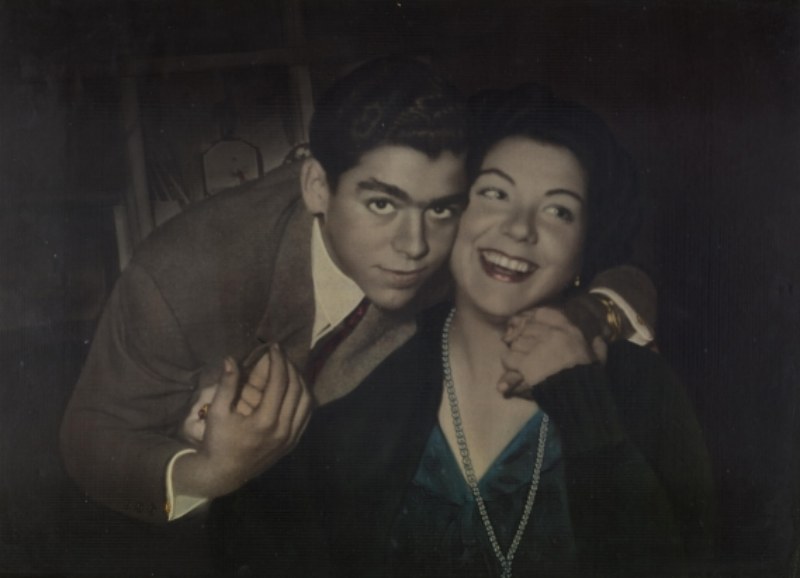
Carlos do Carmo e Lucília do Carmo, s/d.
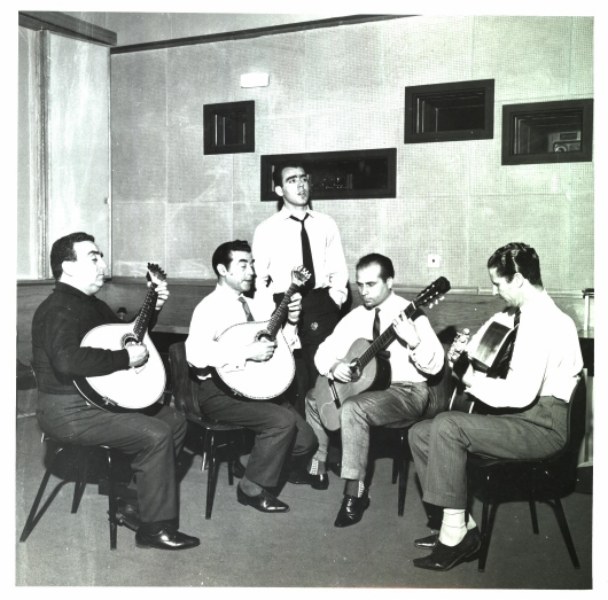
Carlos do Carmo, Ilídio dos Santos, Jaime Santos, Orlando Silva e Joel Pina Estúdio de gravação, década de 1960
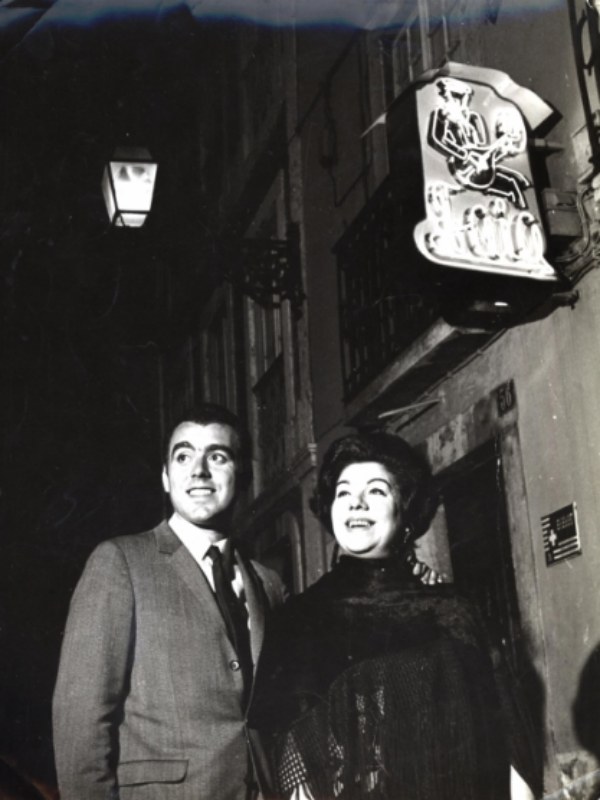
Carlos do Carmo e Lucília do Carmo Faia, s/d.
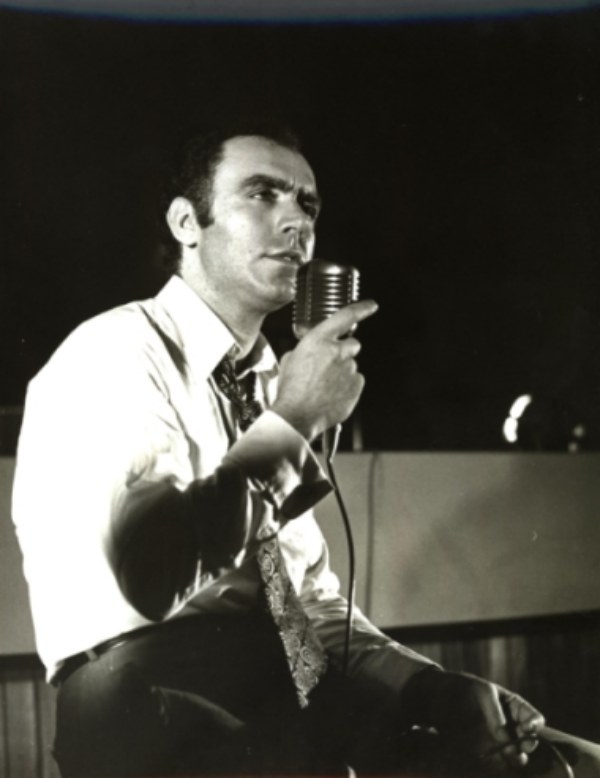
Carlos do Carmo, s/d.
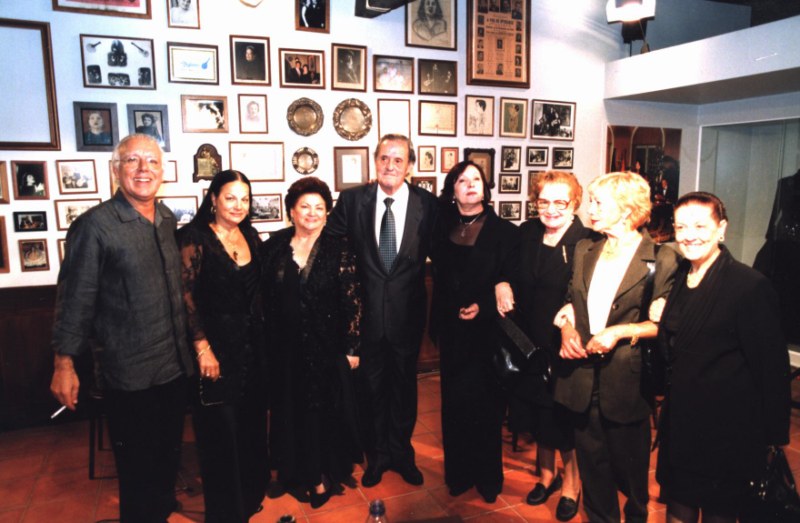
Carlos do Carmo, Tina Santos, Argentina Santos, Raul Nery, Beatriz da Conceição, Márcia Condessa, Maria Amélia Proença Gravação para RTP1, Museu do Fado, 1998

Júlio Pomar e Carlos do Carmo Apresentação do CD À Noite, Museu do Fado, 7 de Novembro de 2007
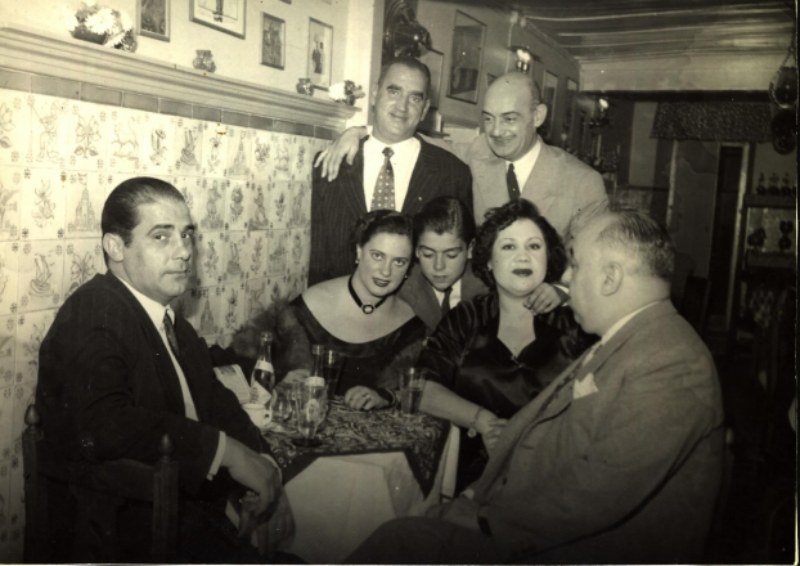
Carlos Ramos, Mendes Leite, Aura Ribeiro, Carlos do Carmo, Berta Cardoso e Alfredo Almeida Faia, s/d.
-
Fado do Campo Grande Carlos do Carmo (Ary dos Santos / António Vitorino de Almeida)
-
Canoas do Tejo Carlos do Carmo (Frederico de Brito)
-
Duas Lágrimas de Orvalho Carlos do Carmo (João Linhares Barbosa / Pedro Rodrigues dos Santos)
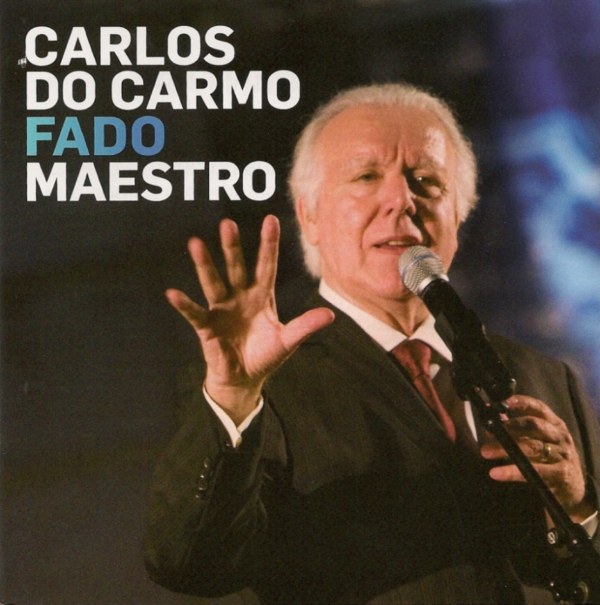
Carlos do Carmo, Fado Maestro, Universal, 2008
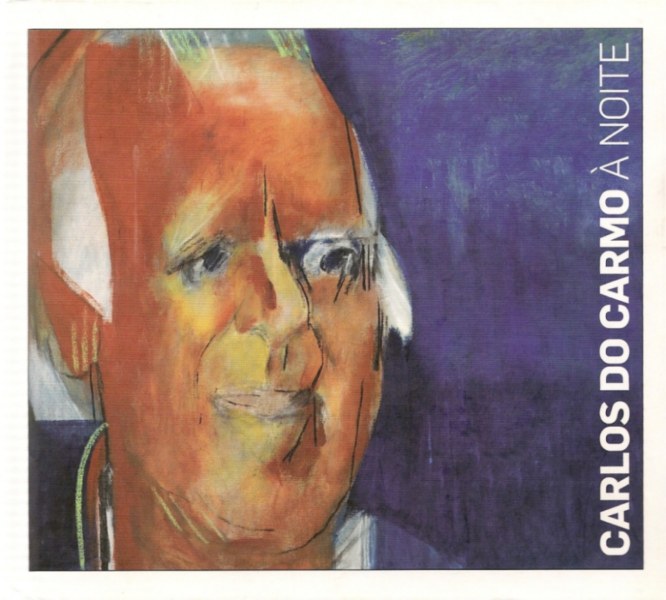
Carlos do Carmo, À Noite, Universal/TugaLand, 2007
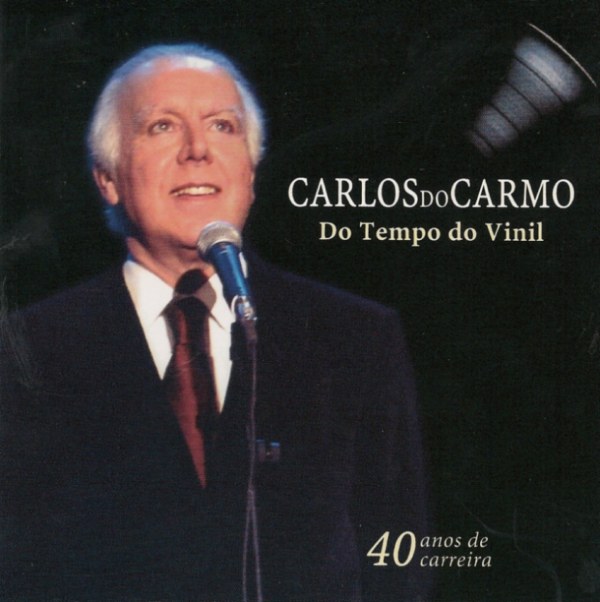
Carlos do Carmo - Do Tempo do Vinil, Universal, 2003
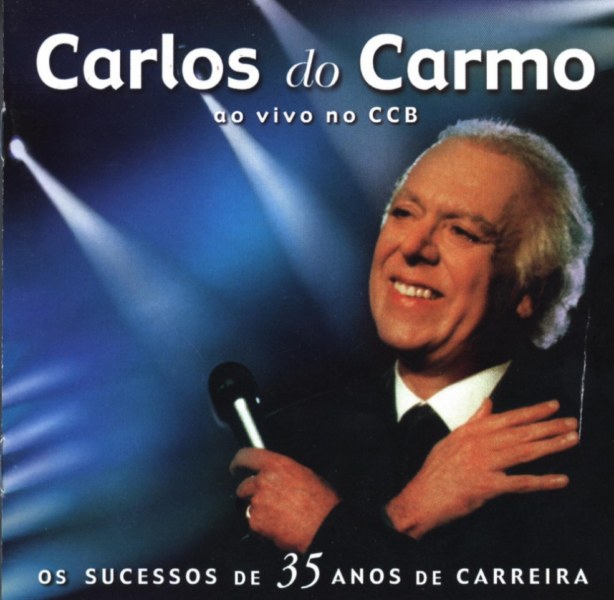
Carlos do Carmo, Ao Vivo no CCB, Universal, 1999
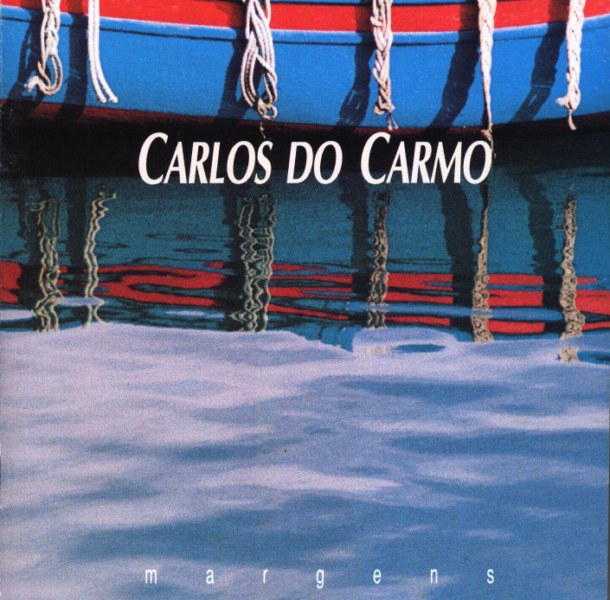
Carlos do Carmo, Margens, EMI, 1996
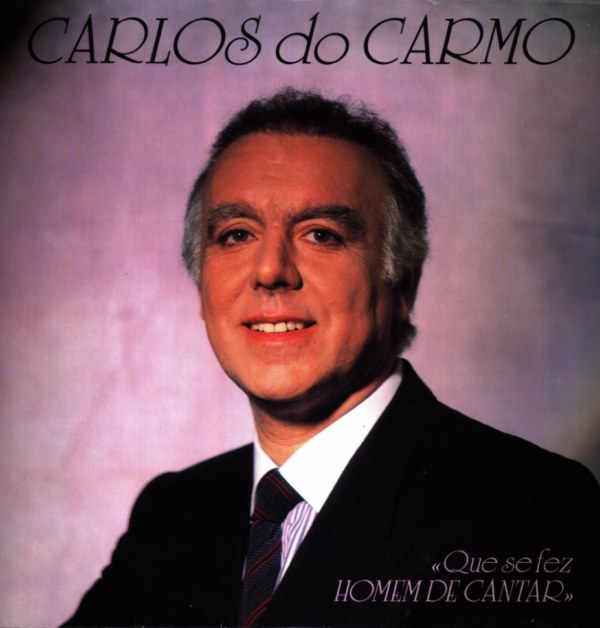
Carlos do Carmo, Que se Fez Homem de Cantar, 1990
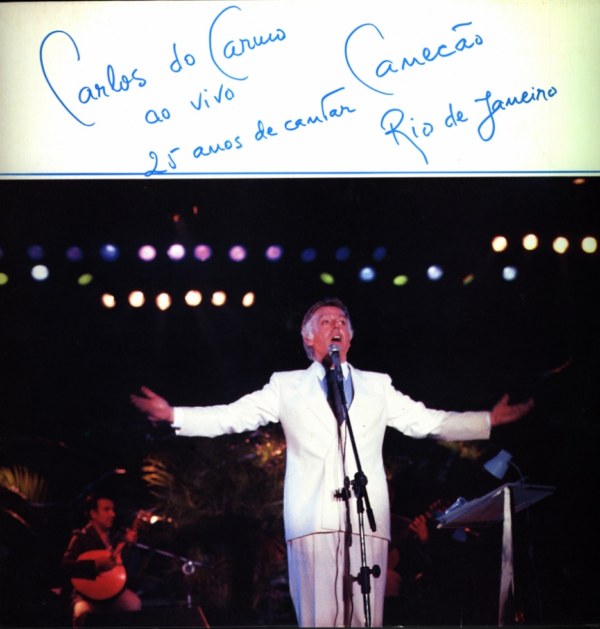
Carlos do Carmo, Ao Vivo no Canecão, LP Portugal Musical, 1988
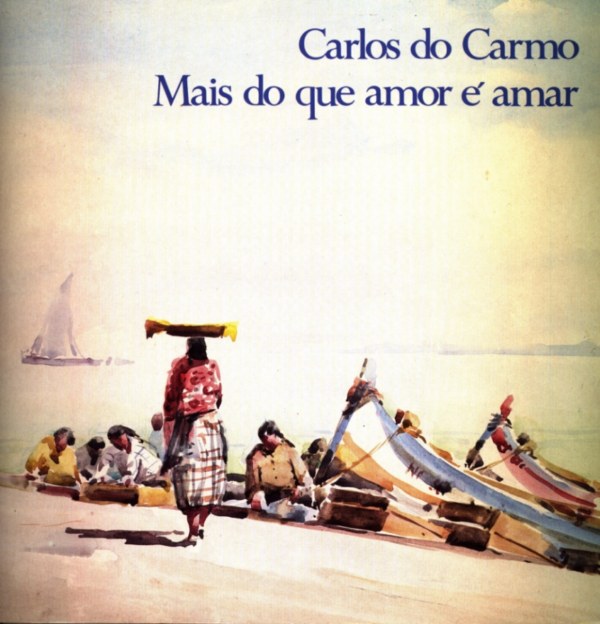
Carlos do Carmo, Mais do que Amor é Amar, LP Phillips, 1986
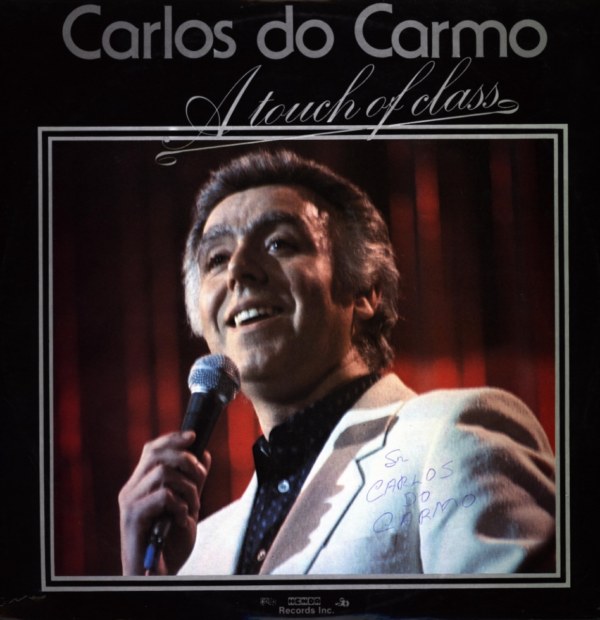
Carlos do Carmo, A Touch of Class, LP Henda Records Inc., 1985
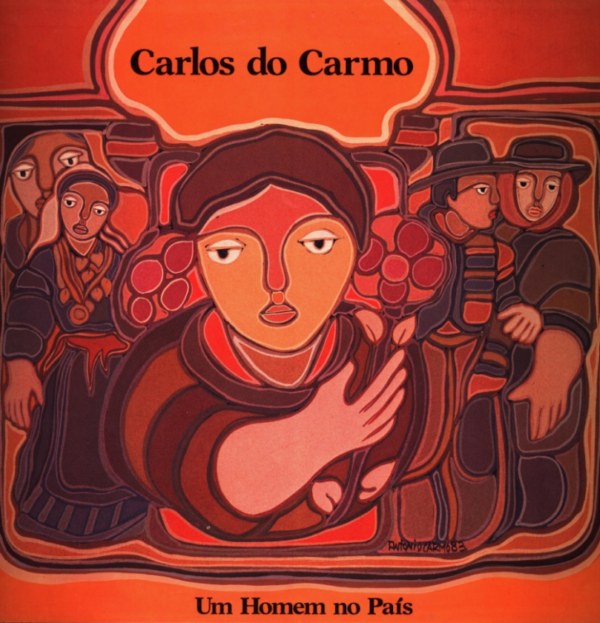
Carlos do Carmo, Um Homem no País, LP Phillips, 1984
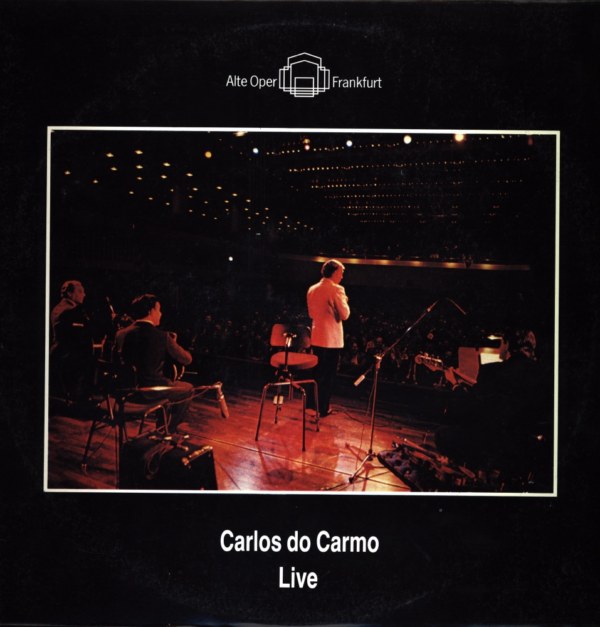
Carlos do Carmo, Alte Oper de Frankfurt, LP Phillips, 1983
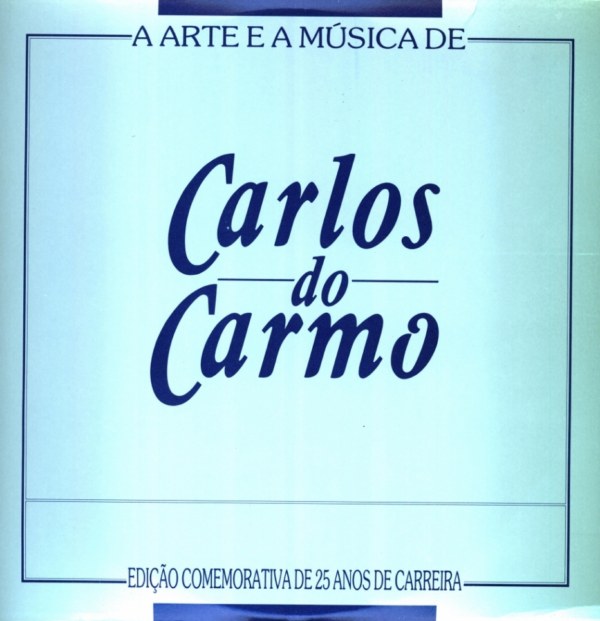
Carlos do Carmo, A Arte e a Música de Carlos do Carmo - Ed. 25 Anos, 1982
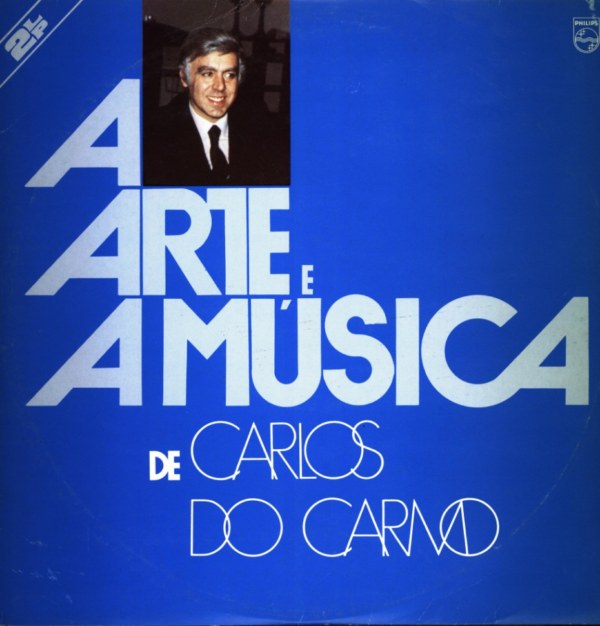
Carlos do Carmo, A Arte e a Música de Carlos do Carmo, LP Phillips, 1982
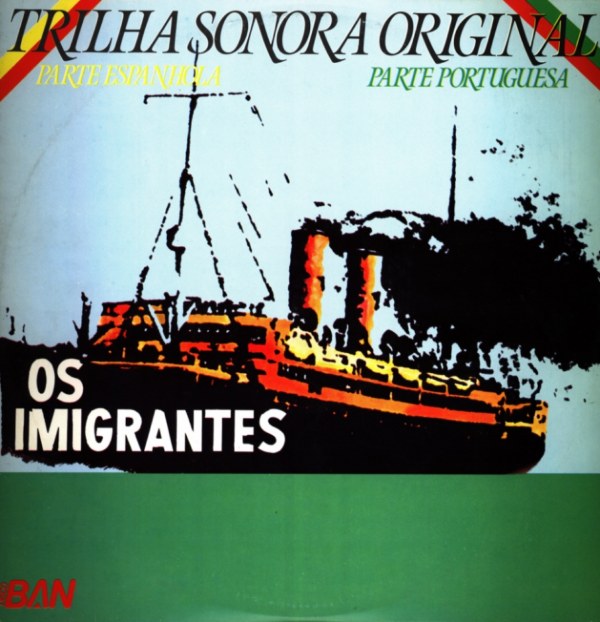
Carlos do Carmo / Vários, Os Imigrantes, LP Poligram, Banda Sonora, 1981
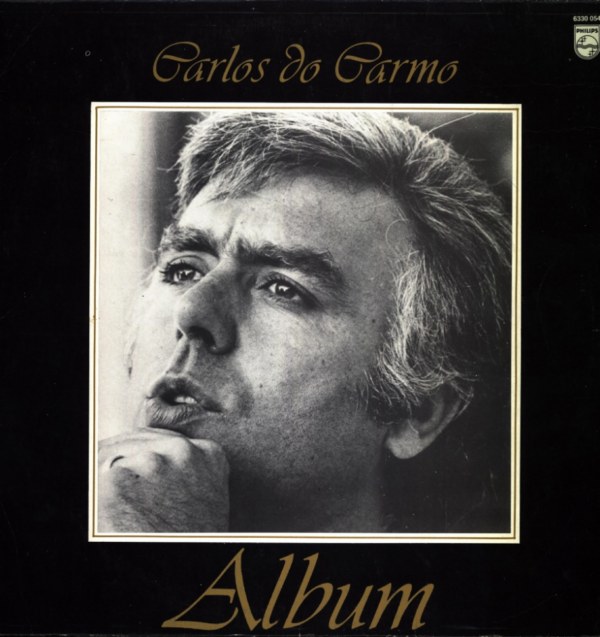
Carlos do Carmo, Álbum, LP Phillips, 1980
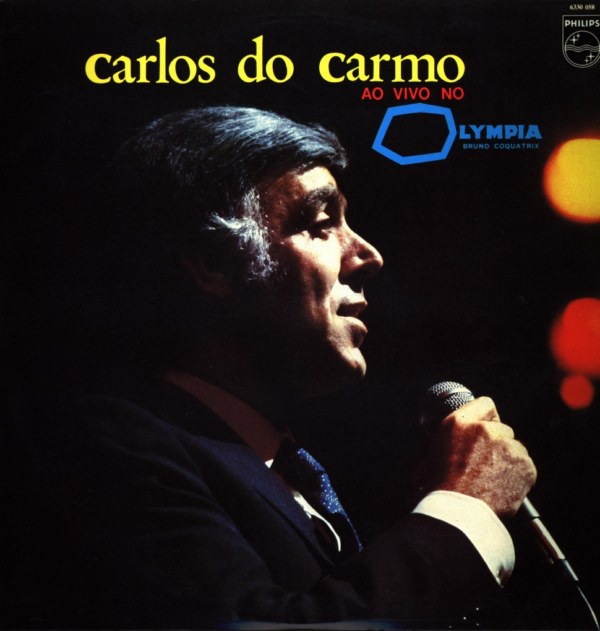
Carlos do Carmo, Ao Vivo No Olympia, LP Phillips, 1980
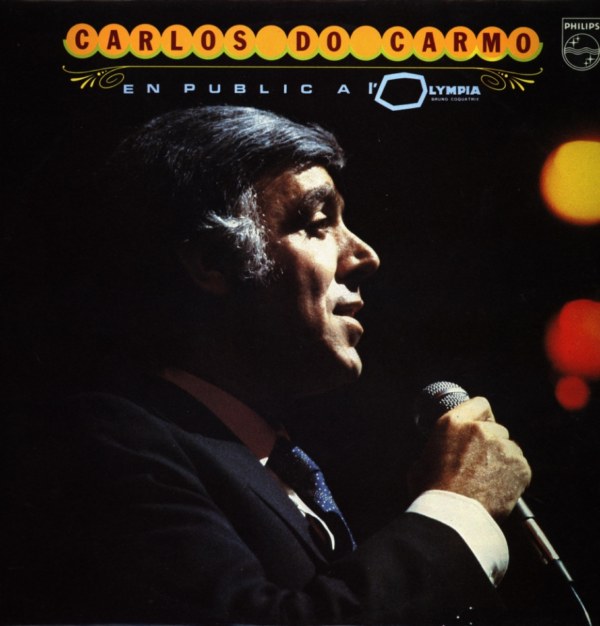
Carlos do Carmo, En Public a l`Olympia, LP Phillips, 1980
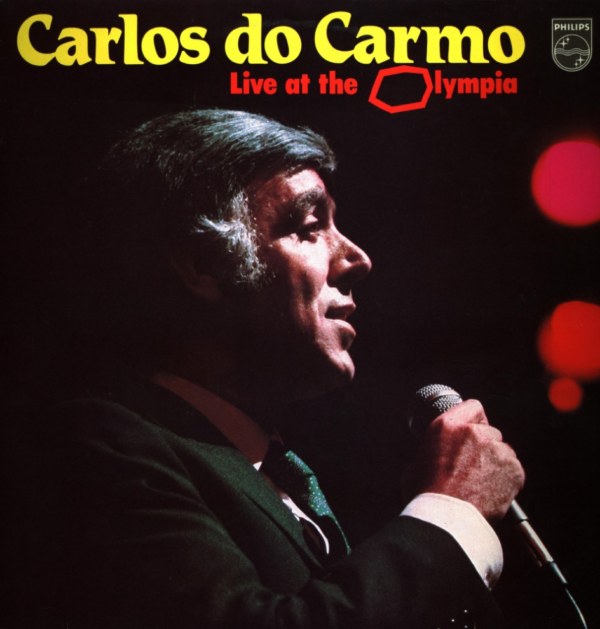
Carlos do Carmo, Live at the Olympia, LP Phillips, 1980
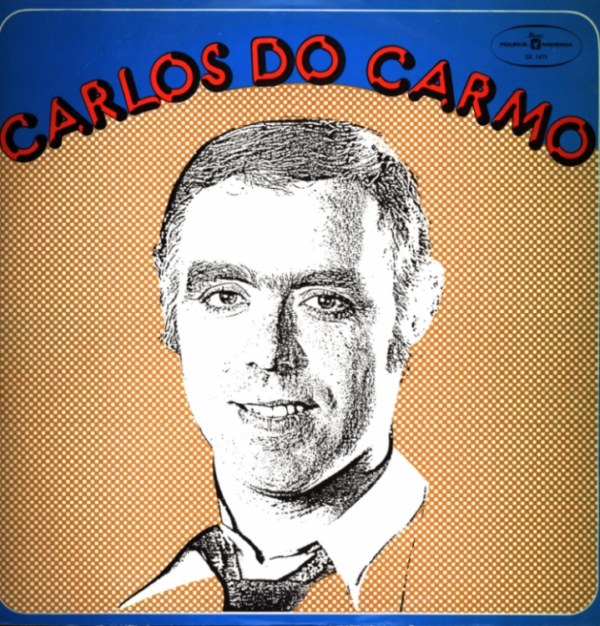
Carlos do Carmo, LP Polskie Nagrania, 1980
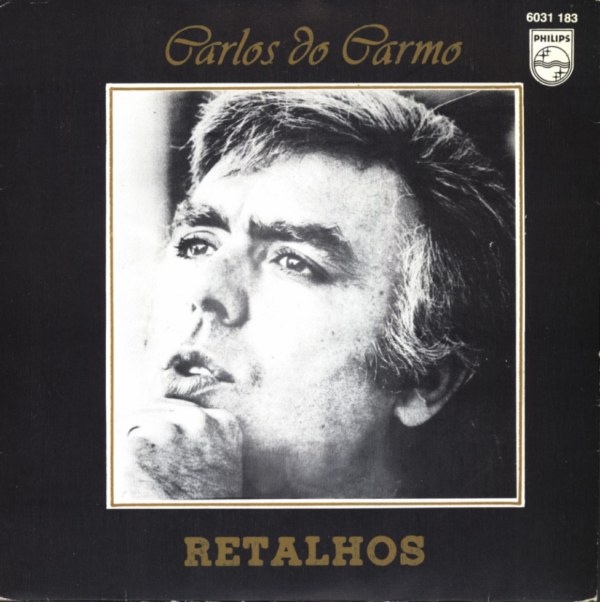
Carlos do Carmo, Retalhos/Raiz, Single Phillips, 1980
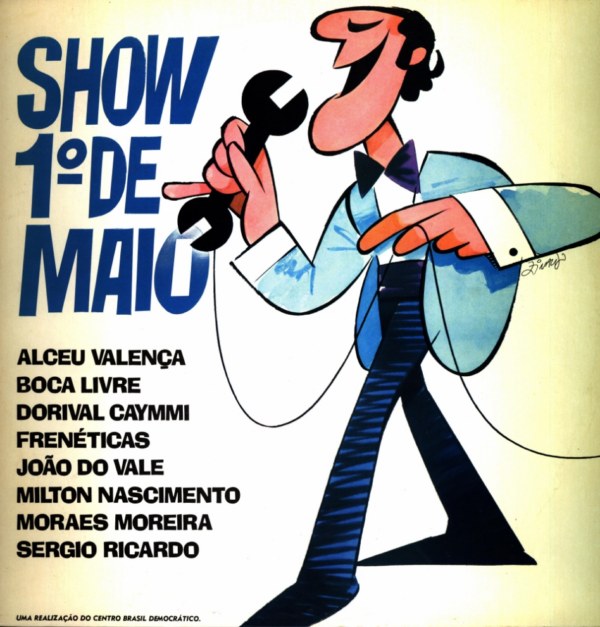
Carlos do Carmo, Show 1º de Maio, LP Cebrade, 1980
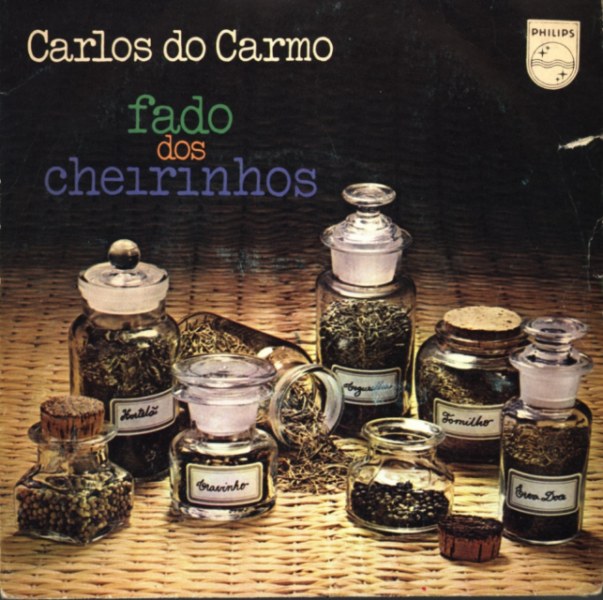
Carlos do Carmo, Fado do Cheirinhos, Single Phillips, 1979
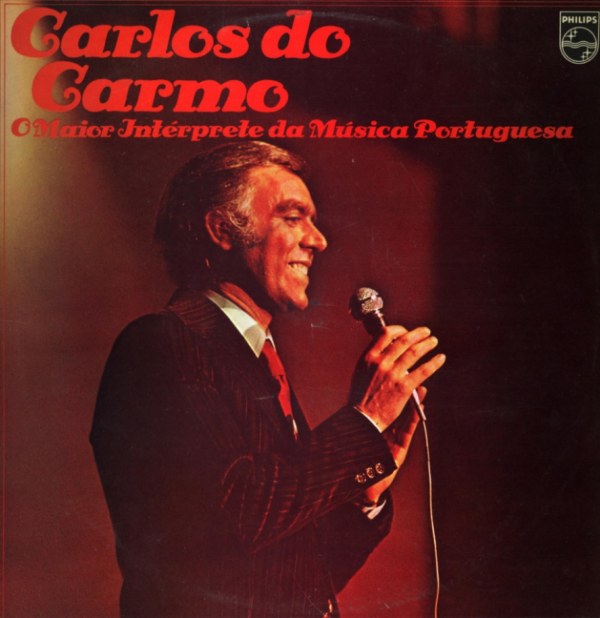
Carlos do Carmo, LP Phillips 9198 272, 1979
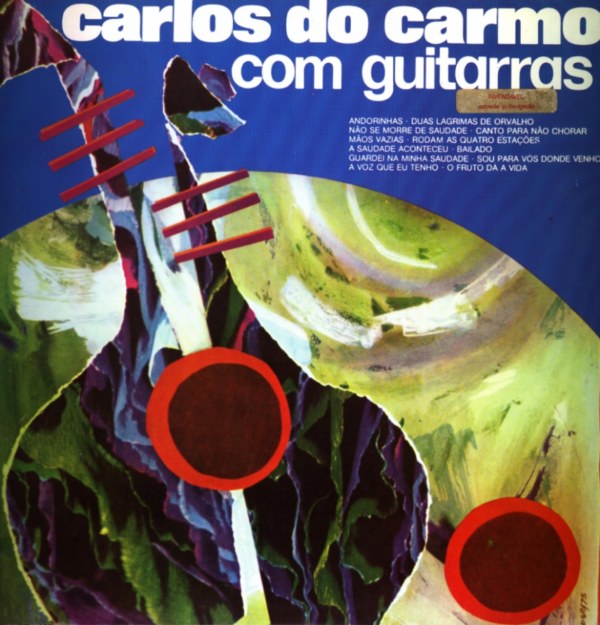
Carlos do Carmo Com Guitarras, LP Tecla, 1978
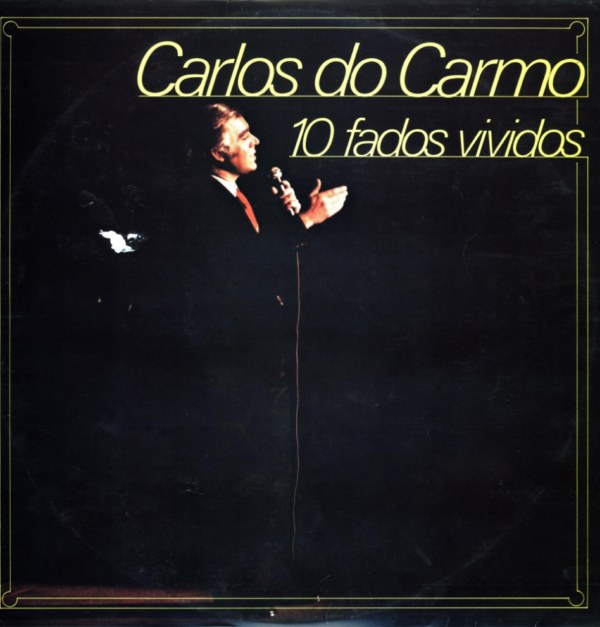
Carlos do Carmo, Dez Fados Vividos, LP Chantecler, 1978
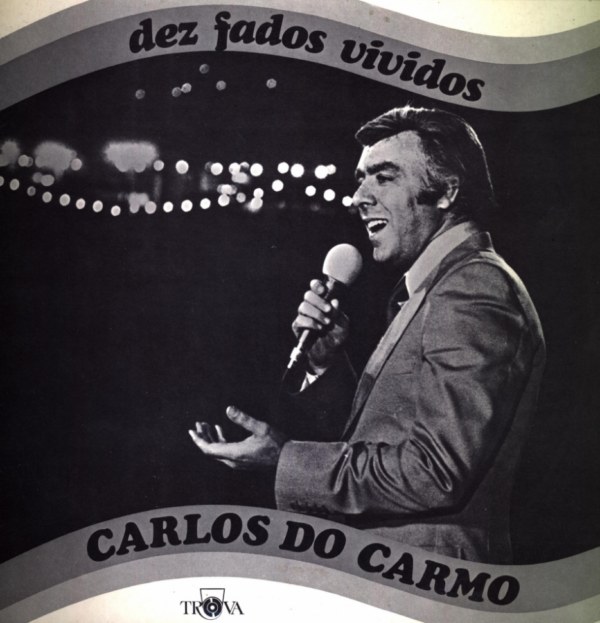
Carlos do Carmo, Dez Fados Vividos, LP Lusica, 1978
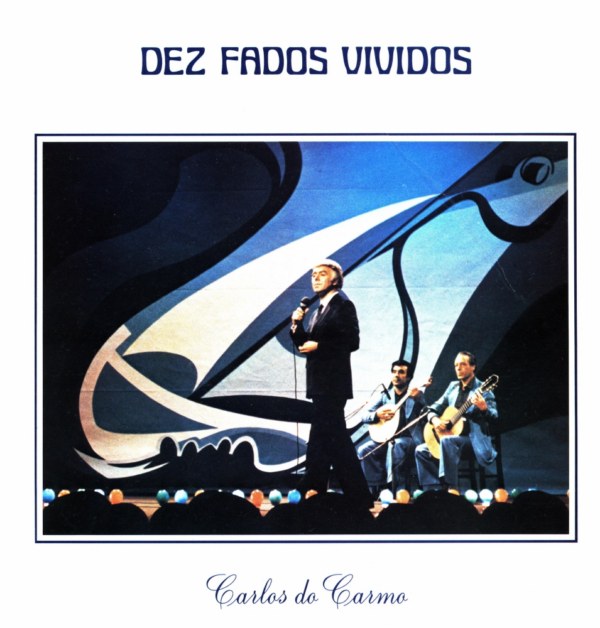
Carlos do Carmo, Dez Fados Vividos, LP Trova, 1978
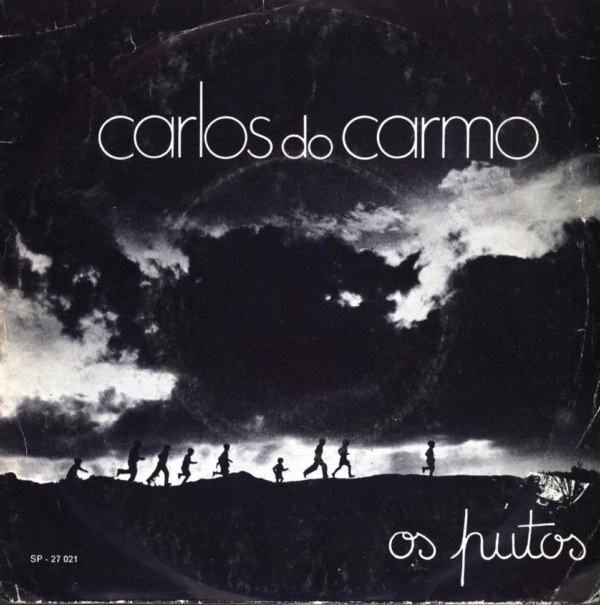
Carlos do Carmo, Os Putos, Single Trova, 1978
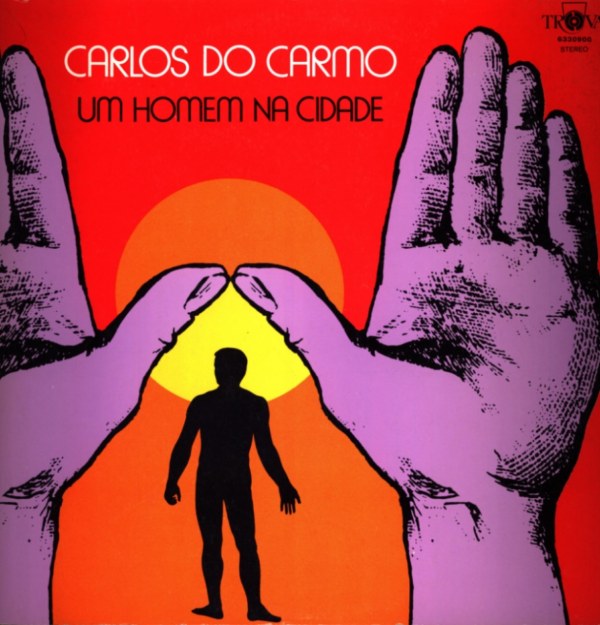
Carlos do Carmo, Um Homem na Cidade, LP Trova, 1977
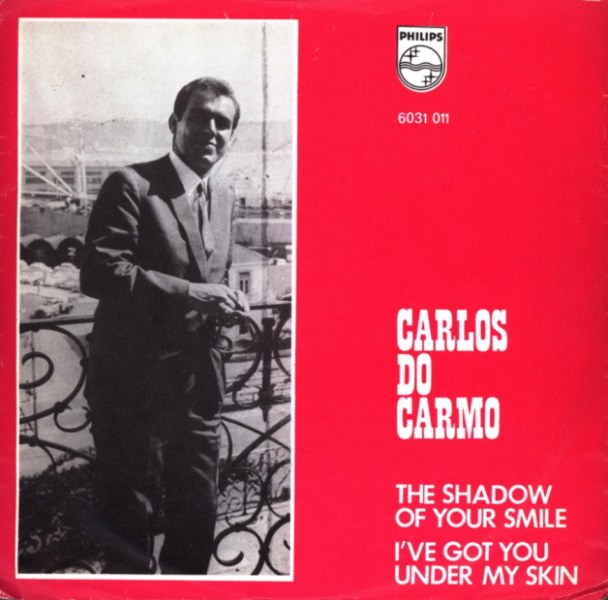
Carlos do Carmo e Dom Byas, EP Phillips, 1976
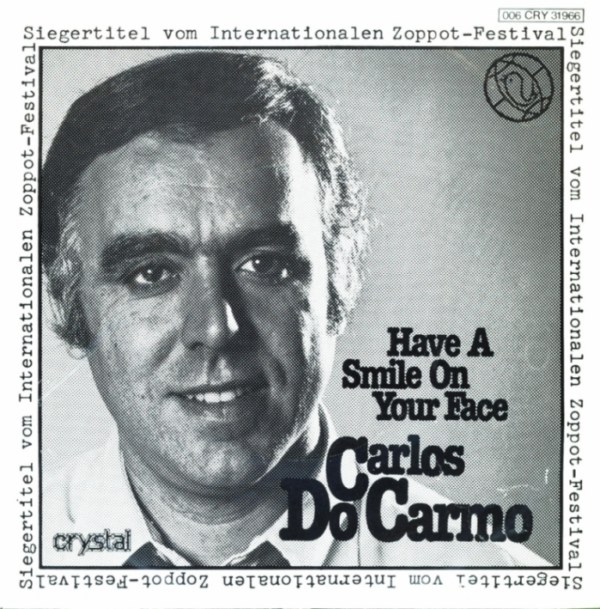
Carlos do Carmo, Have a Smile On Your Face, Single Crystal, 1976
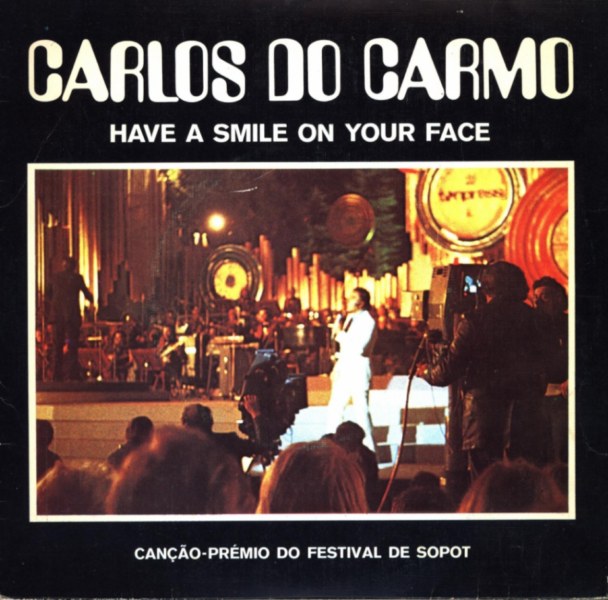
Carlos do Carmo, Have a Smile On Your Face, Single Movieplay, 1976
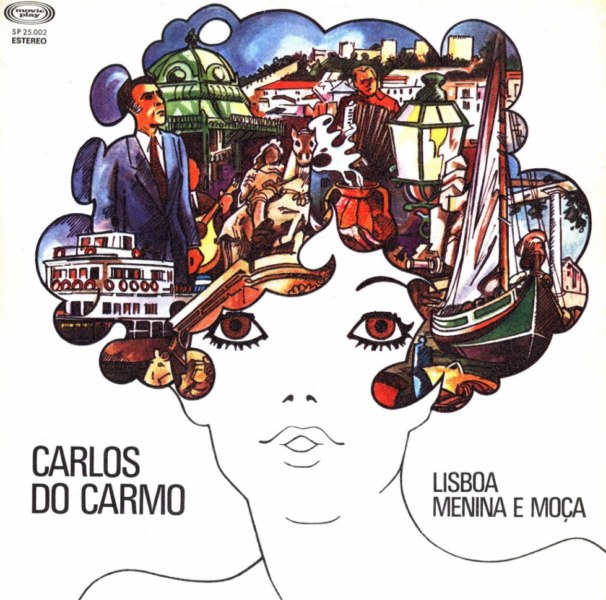
Carlos do Carmo, Lisboa Menina e Moça, Single Movieplay, 1976
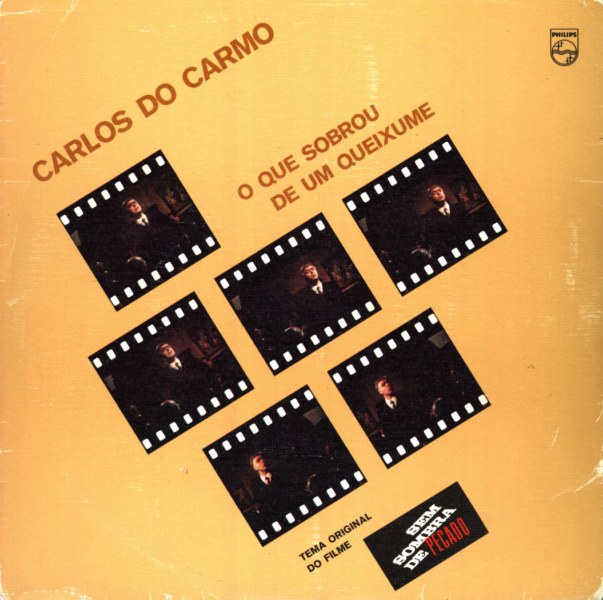
Carlos do Carmo, O Que Sobrou de Um Queixume, EP Phillips, 1976
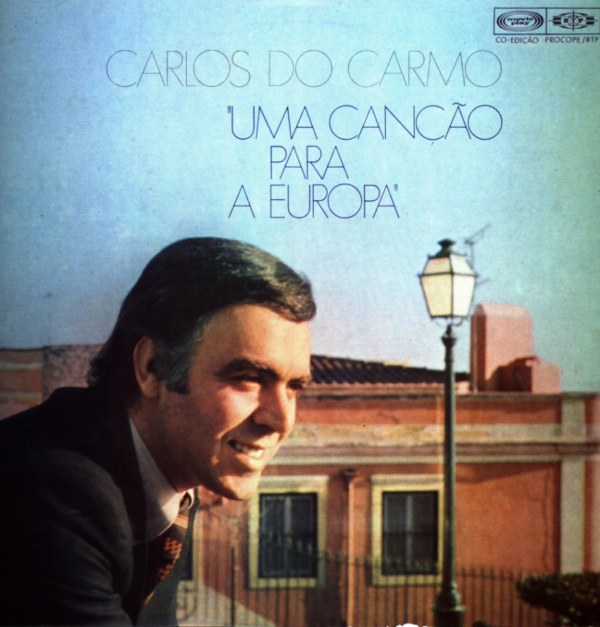
Carlos do Carmo, Uma Canção Para a Europa, LP Movieplay/ RTP, 1976
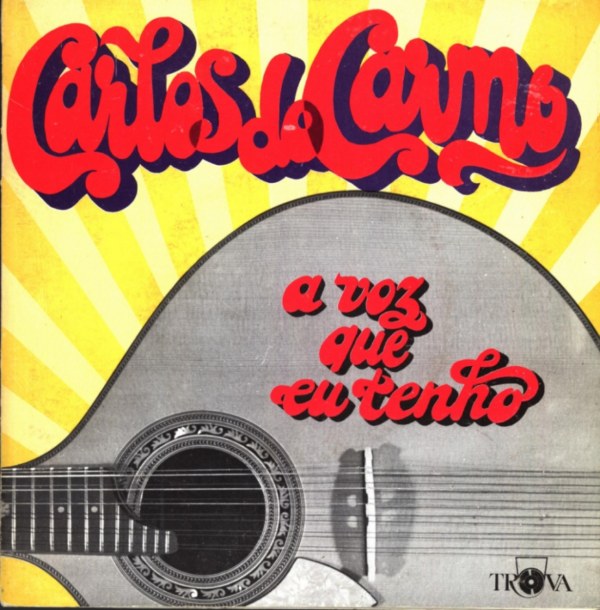
Carlos do Carmo, A Voz Que Eu Tenho, EP Trova, 1975
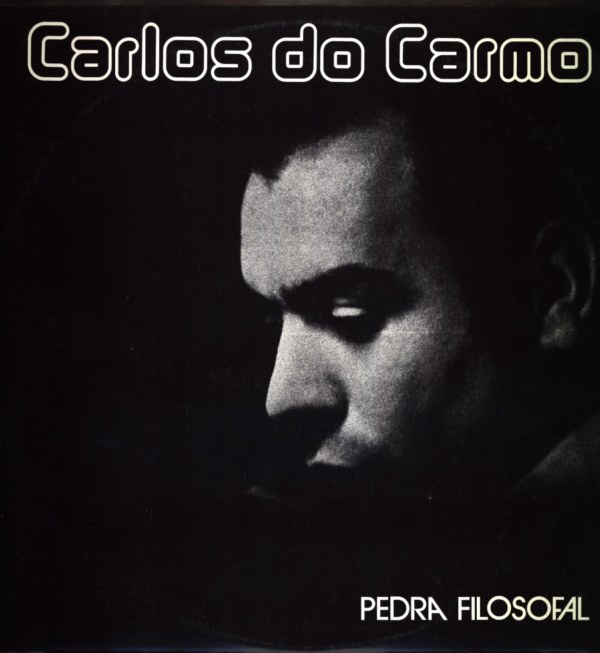
Carlos do Carmo, Pedra Filosofal, LP Edisom, 1975
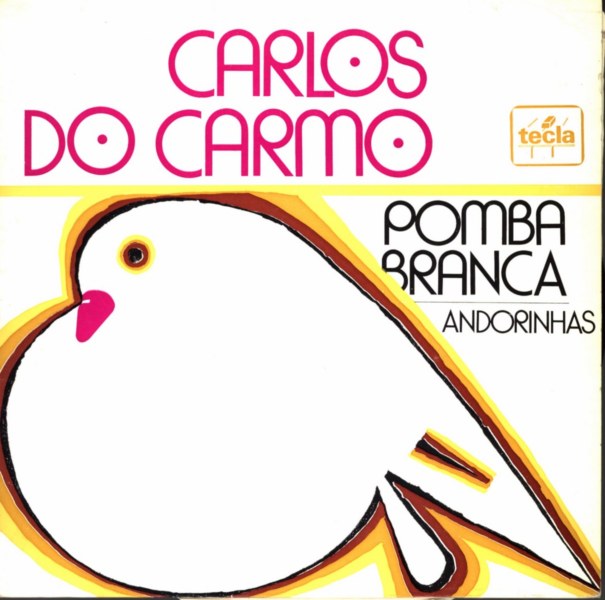
Carlos do Carmo, Pomba Branca, EP Tecla TE 1111, 1974
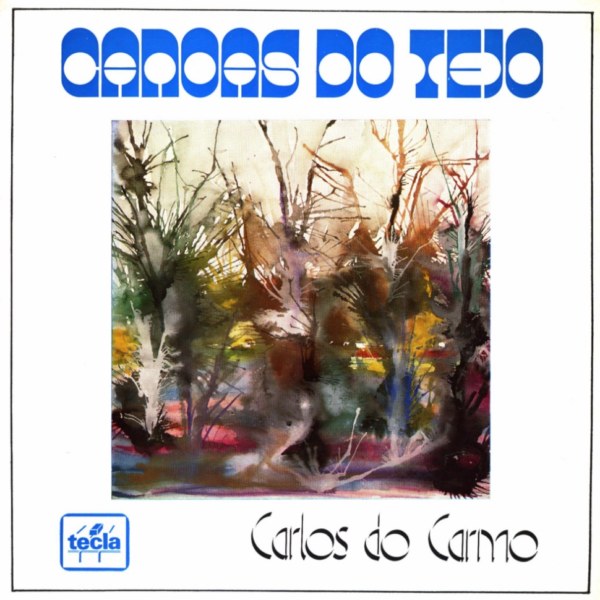
Carlos do Carmo, Canoas do Tejo, EP Tecla 1973
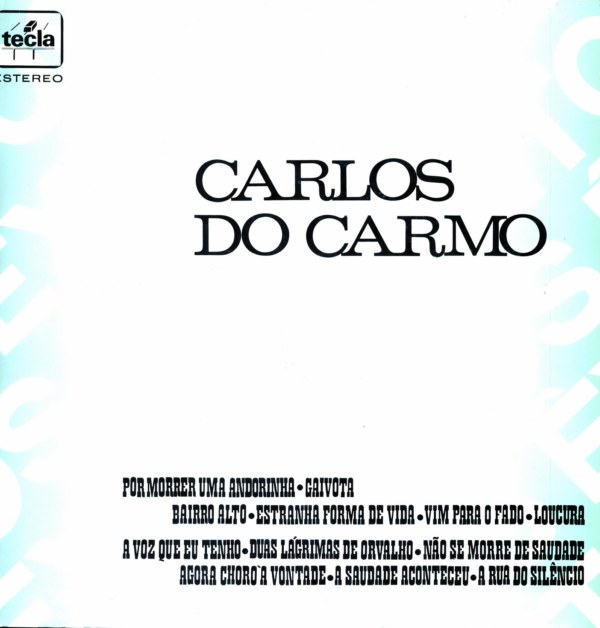
Carlos do Carmo, Êxitos, LP Tecla, 1973
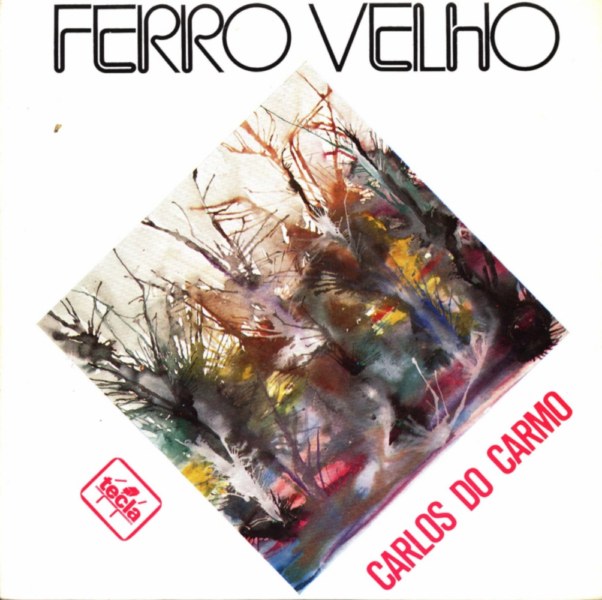
Carlos do Carmo, Ferro Velho, EP Tecla, 1973
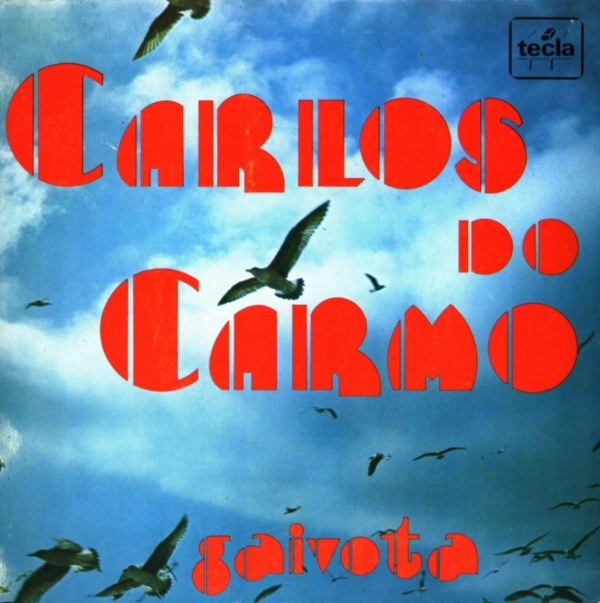
Carlos do Carmo, Gaivota, EP Tecla, 1973
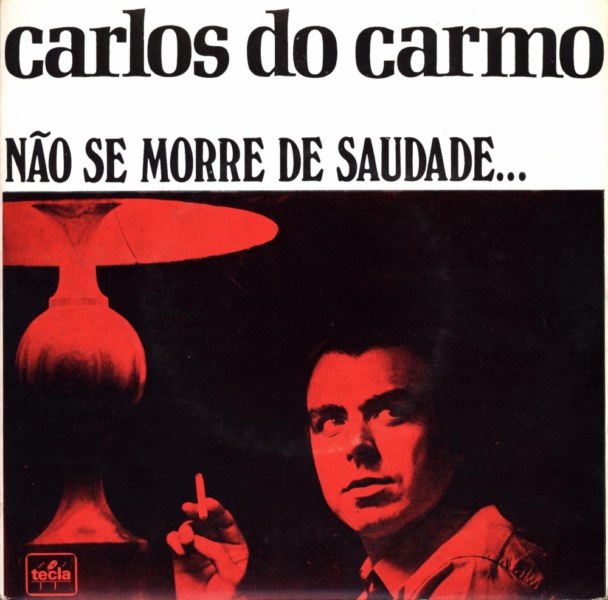
Carlos do Carmo, Não Se Morre de Saudade, EP TEcla, 1973
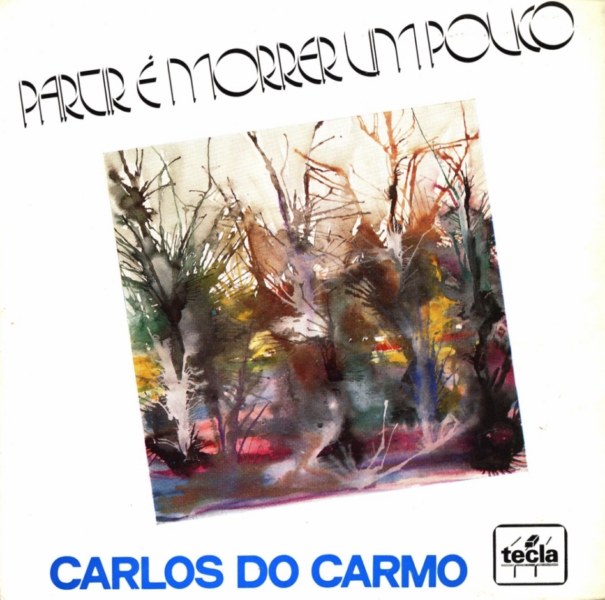
Carlos do Carmo, Partir É Morrer Um Pouco, EP Tecla, 1973
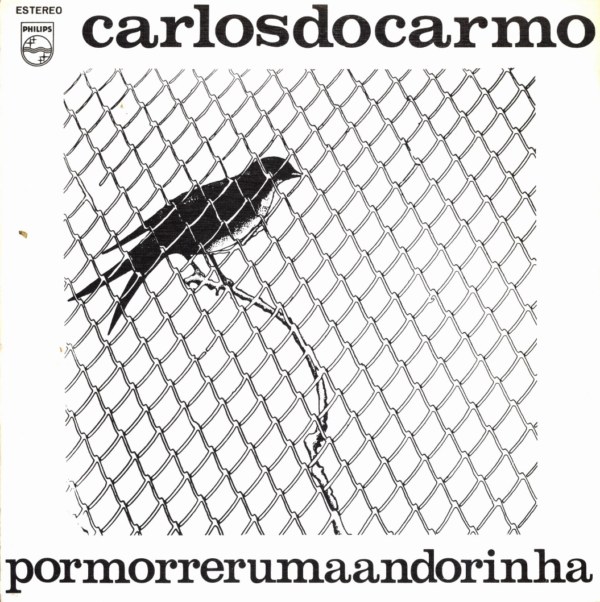
Carlos do Carmo, Por Morrer Uma Andorinha, EP Phillips, 1973
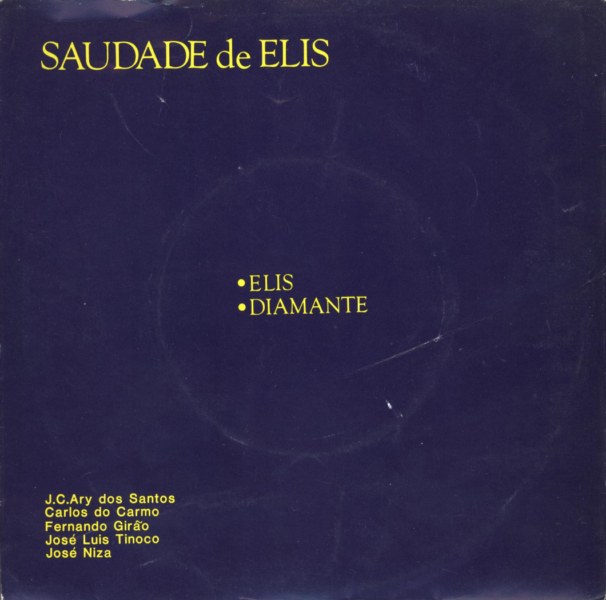
Carlos do Carmo, Saudade de Elis, EP Phillips, 1973
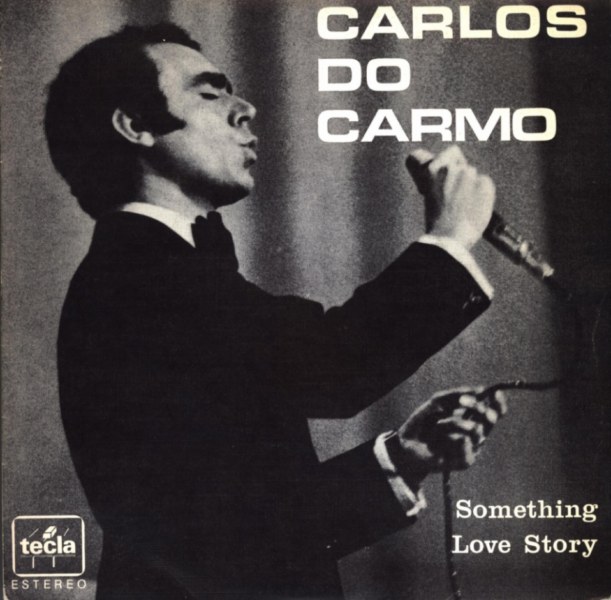
Carlos do Carmo, Something Love Story, EP Tecla, 1973
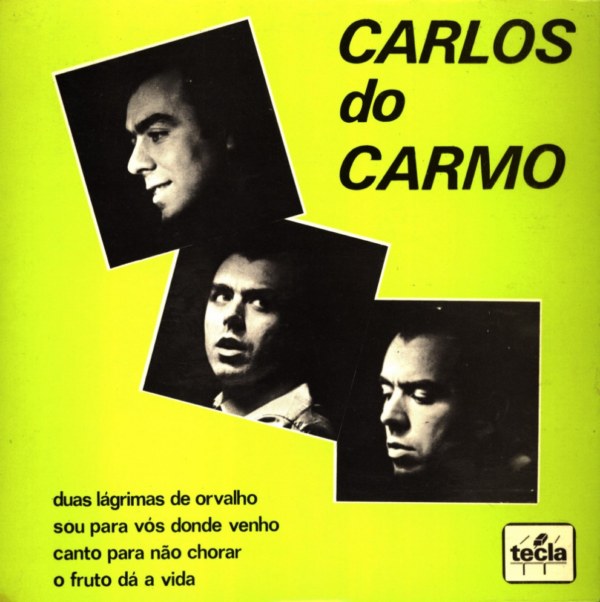
Carlos do Carmo, EP Tecla TE 1064, 1972
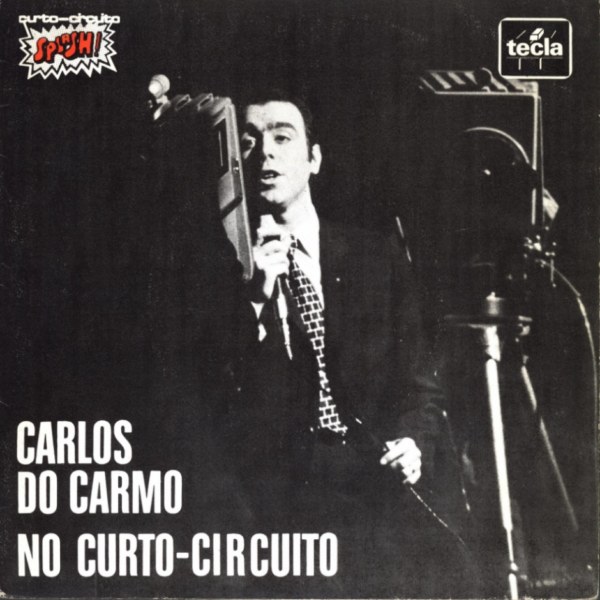
Carlos do Carmo no Curto-Circuito, EP Tecla, 1970
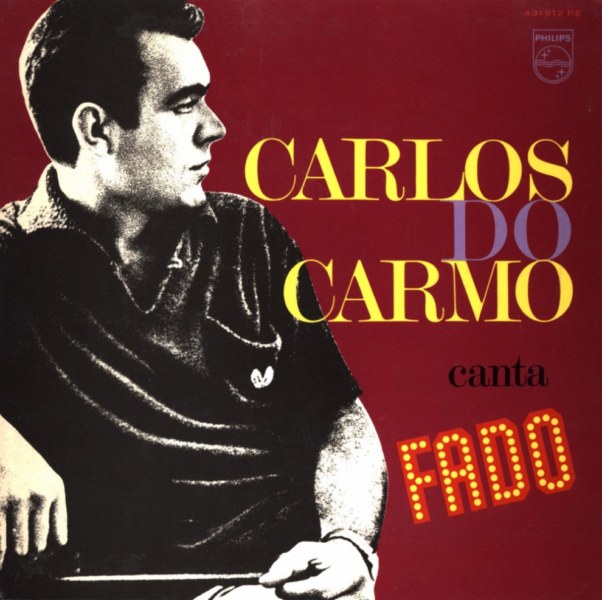
Carlos do Carmo Canta Fado, EP Phillips, 1969
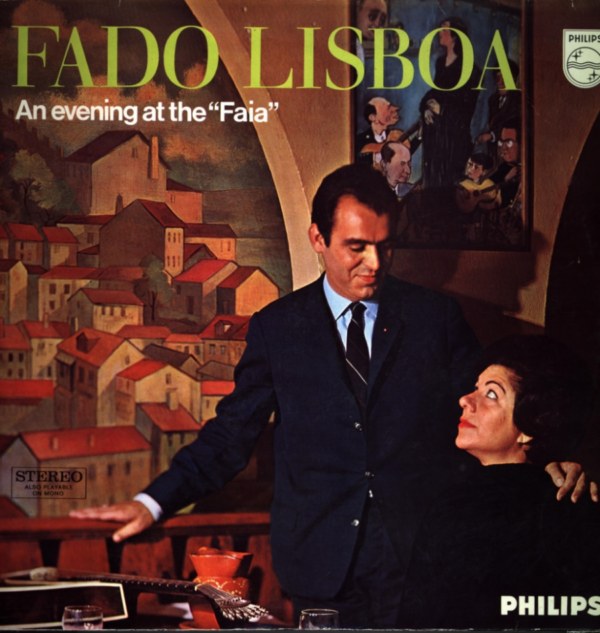
Carlos do Carmo, An Evening at the Faia, LP Phillips, 1969
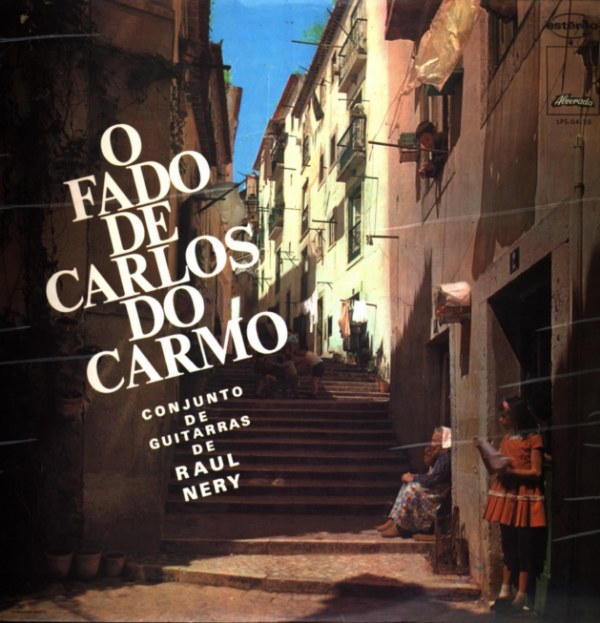
Carlos do Carmo, O Fado de Carlos do Carmo, LP Alvorada, 1969
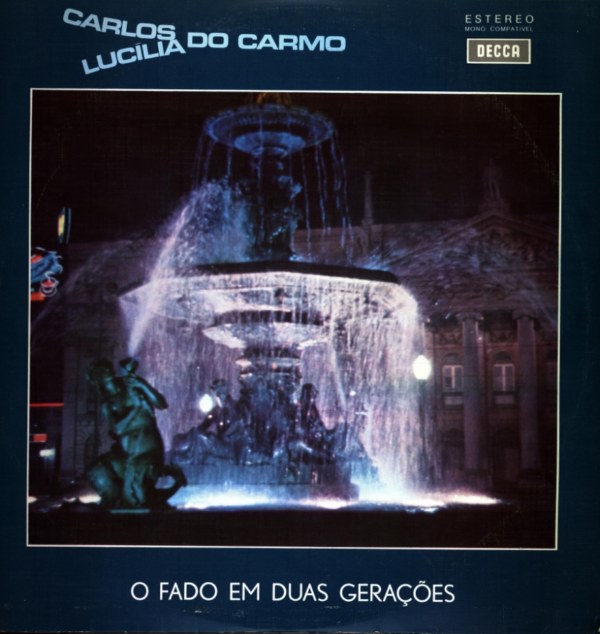
Carlos do Carmo, O Fado Em Duas Gerações, LP Decca, 1969
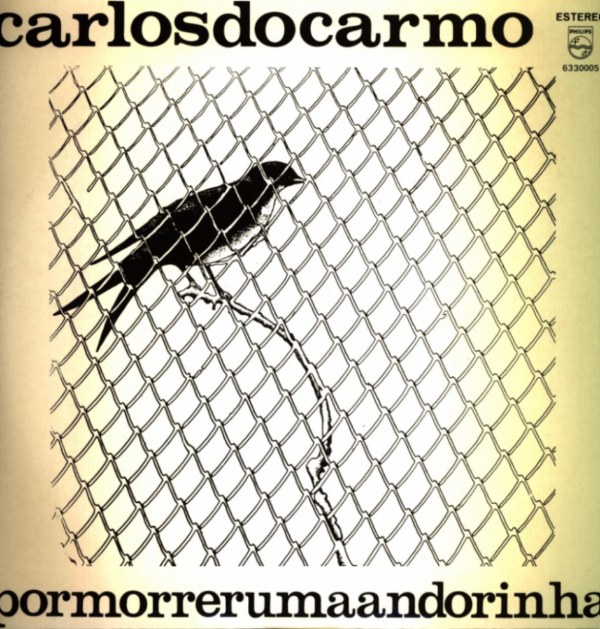
Carlos do Carmo, Por Morrer Uma Andorinha, LP Phillips, 1969
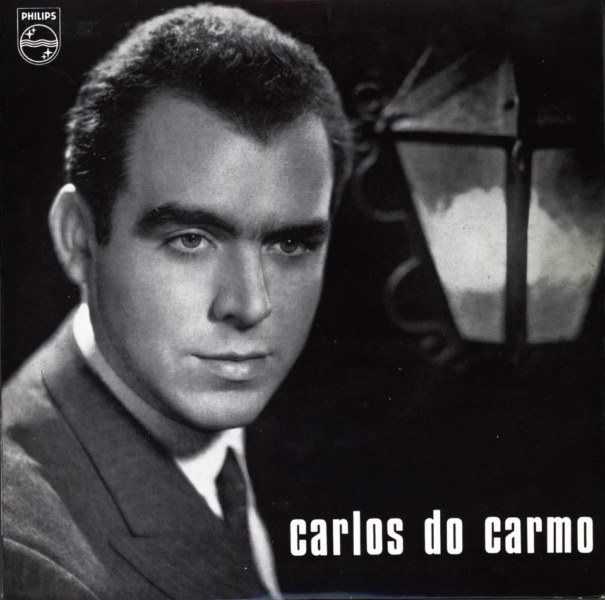
Carlos do Carmo em Paris, EP Phillps, 1967
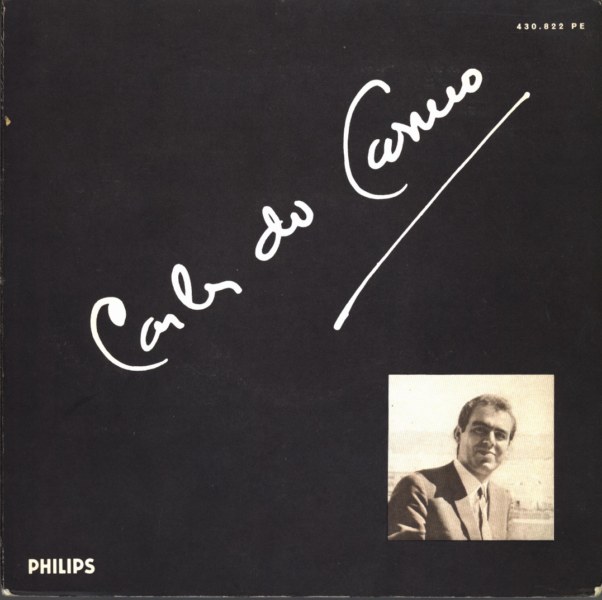
Carlos do Carmo, EP Phillips 430.822.PE, 1967
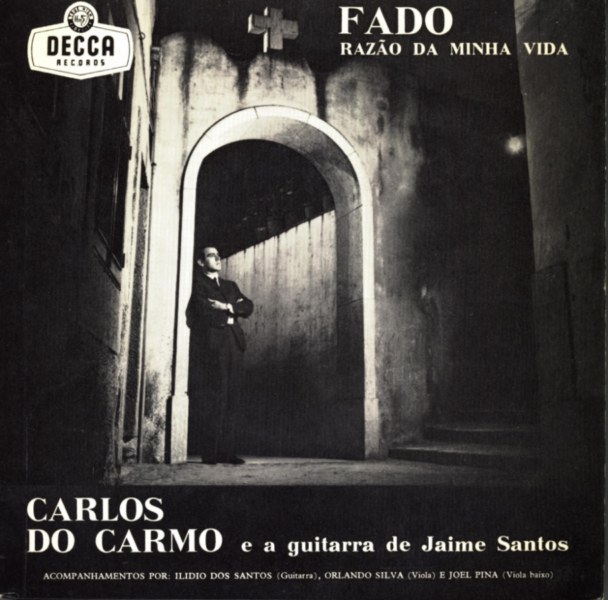
Carlos do Carmo, Fado a Razão da Minha Vida, EP Decca, 1965
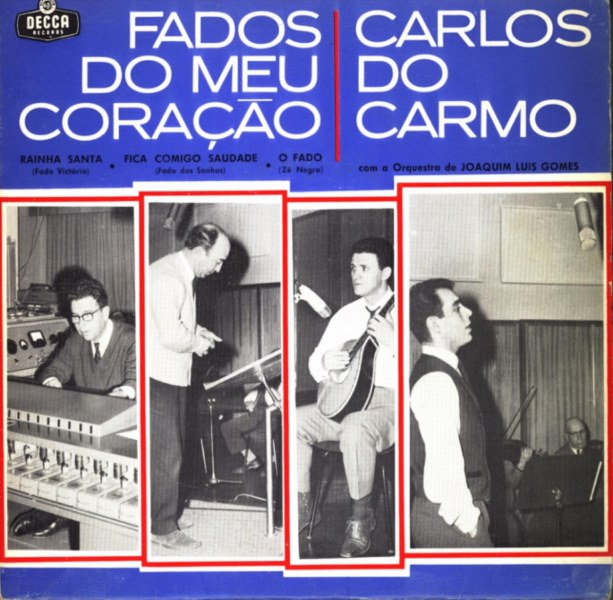
Carlos do Carmo, Fados do Meu Coração, EP Decca, 1965
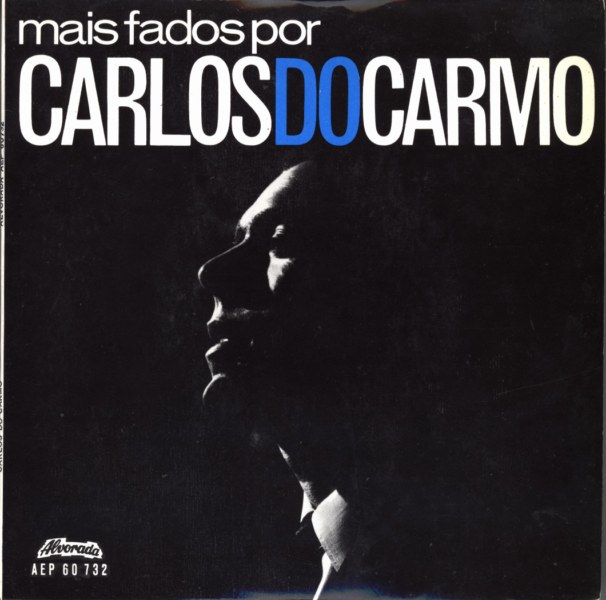
Carlos do Carmo, Mais Fados Por Carlos do Carmo, EP Alvorada, 1965
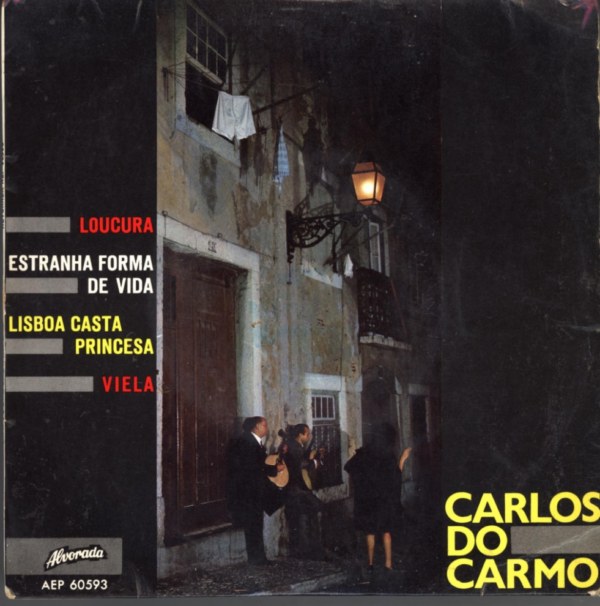
Carlos do Carmo, EP Alvorada AEP 60593, 1964
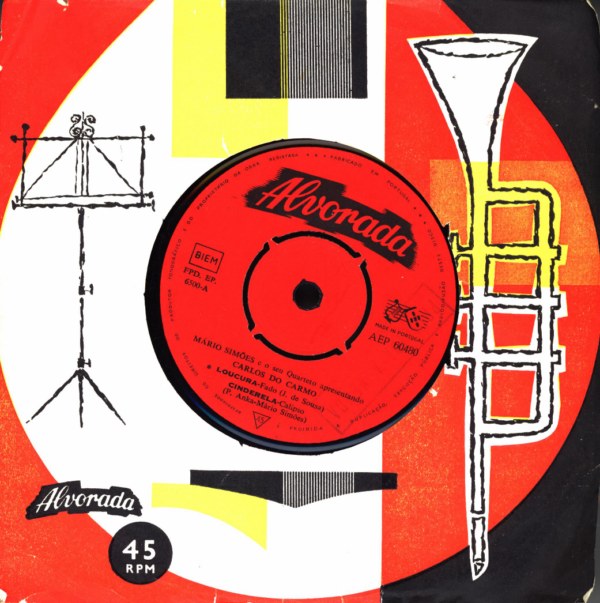
Carlos do Carmo, Mario Simões e o seu Quarteto, EP Alvorada, 1963
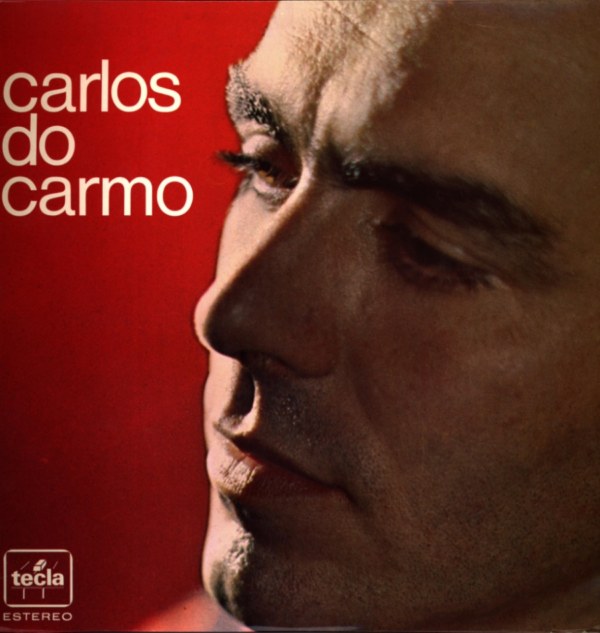
Carlos do Carmo, LP Tecla 6007
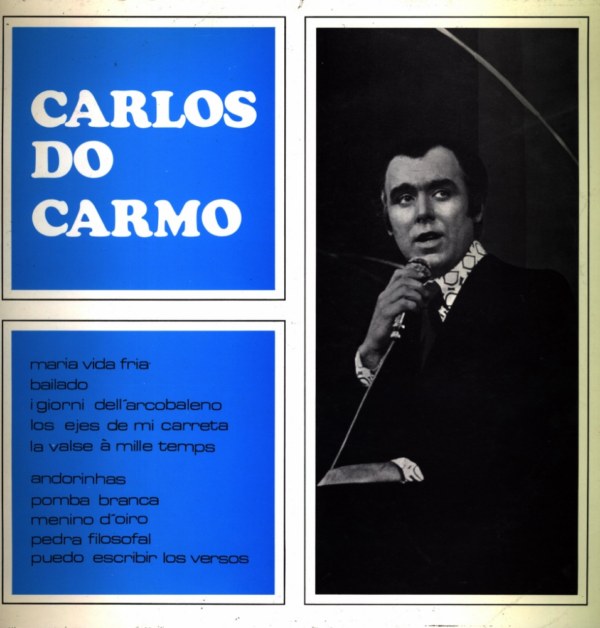
Carlos do Carmo, LP Tecla TES 6008
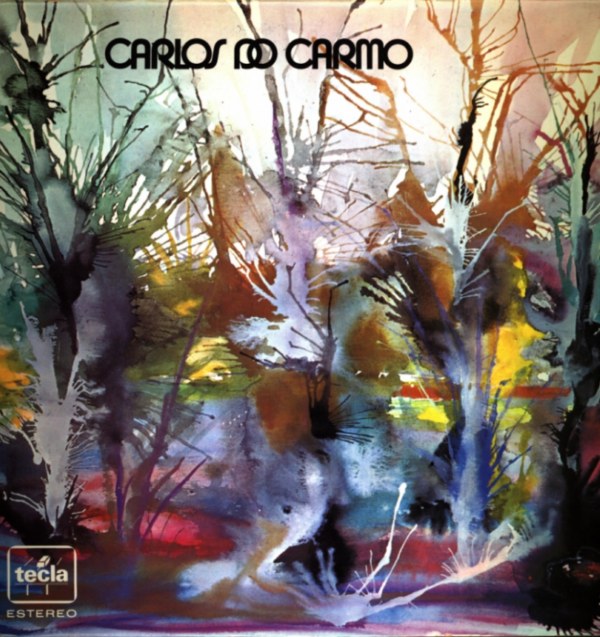
Carlos do Carmo, LP Tecla TES 6010
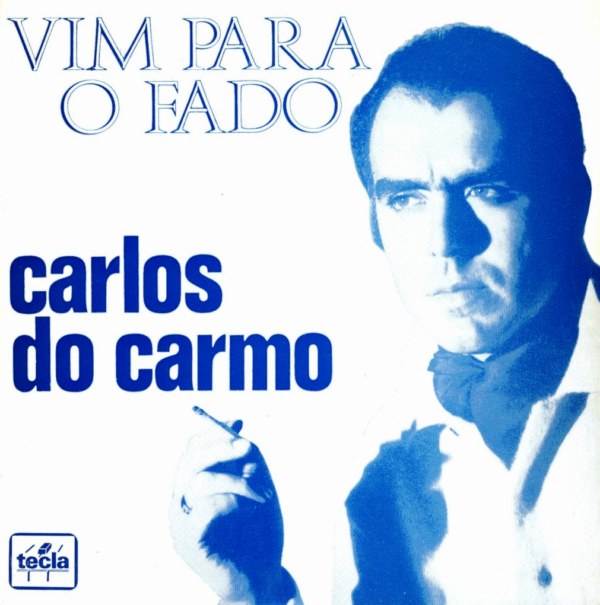
Carlos do Carmo, Vim Para o Fado, EP Tecla
